Doctrine of Promissory Estoppel and its Applicability in India
The Doctrine of Promissory Estoppel is an equitable principle. It means that if one party makes a clear promise to another, through words or actions, with the intention of creating or affecting a legal relationship, that promise can be legally enforced.
Background
Administrative law plays a crucial role in balancing individual freedoms and state authority. It must evolve to meet the changing needs and expectations of people regarding their rights and duties. The law includes various principles established by courts to control the use of power, preventing its abuse or misuse. These principles protect individuals from any unfair actions by the state or its agencies.
The Doctrine of Promissory Estoppel
The Doctrine of Promissory Estoppel is an equitable principle that prevents a party from going back on a promise made to another party, especially when the promise has created a legal relationship or will affect one in the future. This doctrine applies when one party makes a clear promise, knowing that the other party will act on it, and the other party does indeed act on it. In such cases, the party making the promise cannot later renege on it if it would be unfair to do so. This ensures that administrative actions are consistent, predictable, and reliable.
Case Example: Gujarat State Financial Corp. v Lotus Hotels (AIR 1983 SC 848)
In this case, the Supreme Court ruled that a writ of mandamus could be issued against the government or its agencies to enforce a contractual obligation. Lotus Hotels had entered into a contract with the State Financial Corporation of Gujarat for a loan to build a hotel. Based on this agreement, Lotus Hotels took out loans and incurred liabilities. However, the corporation later refused the loan, citing anonymous letters that questioned the character of the hotel proprietors. The court held that the doctrine of promissory estoppel applied, preventing the government from going back on its promise.
Promissory Estoppel is grounded in fairness, not in any vested right. Courts must balance individual rights with public interest. For instance, in Union of India v Ganesh Rice Mills (1998), the court held that a statement made by the Finance Minister did not constitute a promise or representation to the taxpayer, so the government was not barred from recovering a disputed tax despite the statement.
Case Example: Express Newspapers Pvt. Ltd. v Union of India (AIR 1986 SC 872)
The doctrine was applied to prevent the government from canceling a lease approved by a minister within his authority. The Supreme Court found that the government’s action was politically motivated and marked by bad faith, thus violating the principles of fairness.
Here are some situations where the Doctrine of Promissory Estoppel does not apply:
- The government is not obligated to continue a tax exemption or tax holiday indefinitely.
- The government is not required to pass a proposed law.
- The government is not bound to avoid performing its statutory duties or exercising its discretion.
- The government is not obligated to create or abolish a civil post, nor is it bound to maintain or change the employment conditions of individuals working for the state.
Here are the key characteristics needed to make a promise binding on the government:
- The promise made by the government must be within the limits of the law.
- There must be a genuine intention to create a legal relationship.
- The other party must act according to the promise or be prevented from doing anything against it.
Conclusion
In today's world, promises made by the government to citizens or even non-citizens hold significant importance, especially when these promises involve contracts or business deals. It's crucial to protect the interests of people who invest their hard-earned money with the government, only to be let down or deceived when the government doesn't keep its word. In such cases, individuals' investments are put at risk, leaving them vulnerable and without options.
To address this issue, the Doctrine of Promissory Estoppel was established. The Indian judiciary has played a key role in ensuring that the government is held accountable for its promises and is required to follow through on the commitments it makes.
Share
Related Post
Tags
Archive
Popular & Recent Post






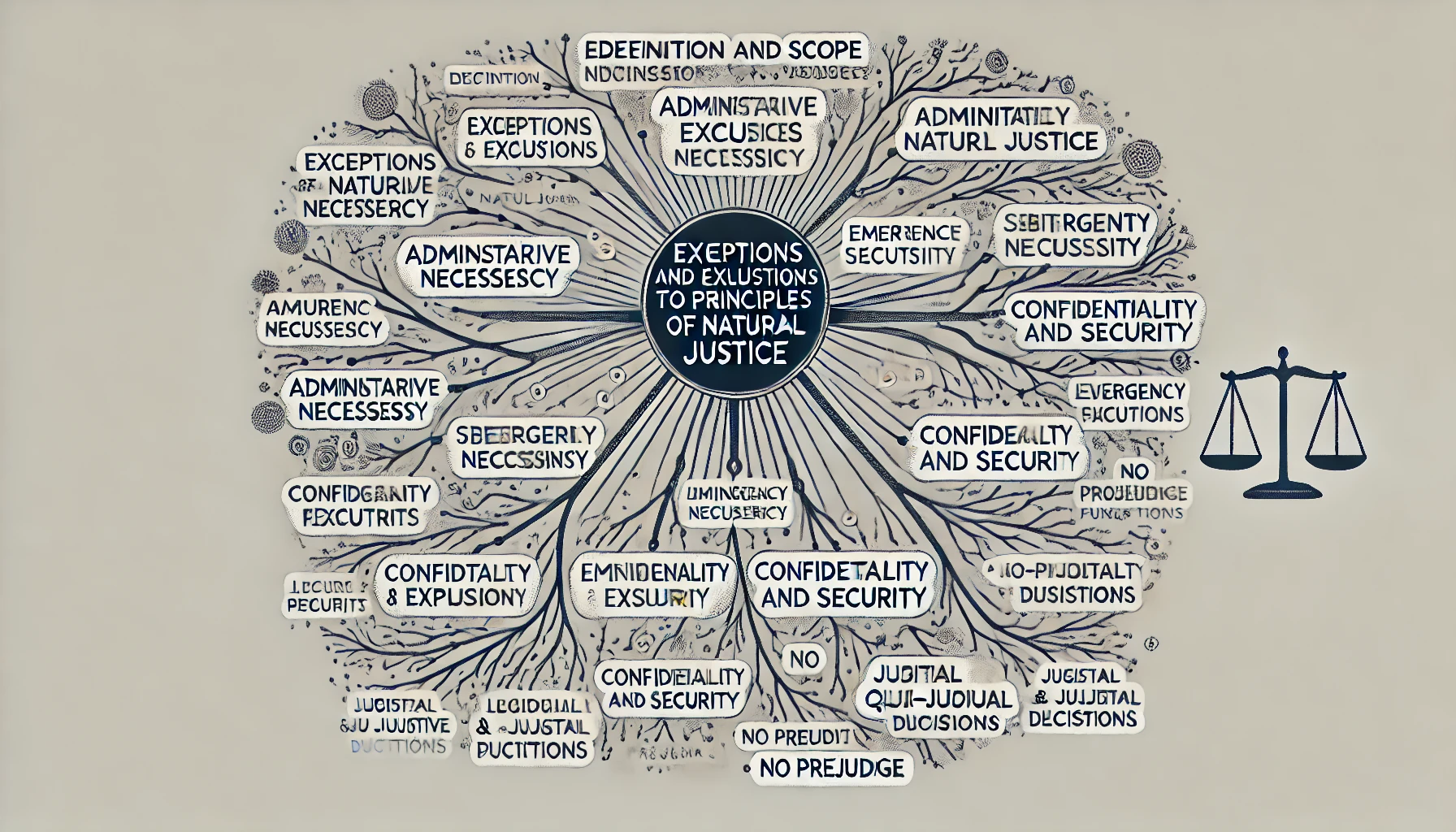
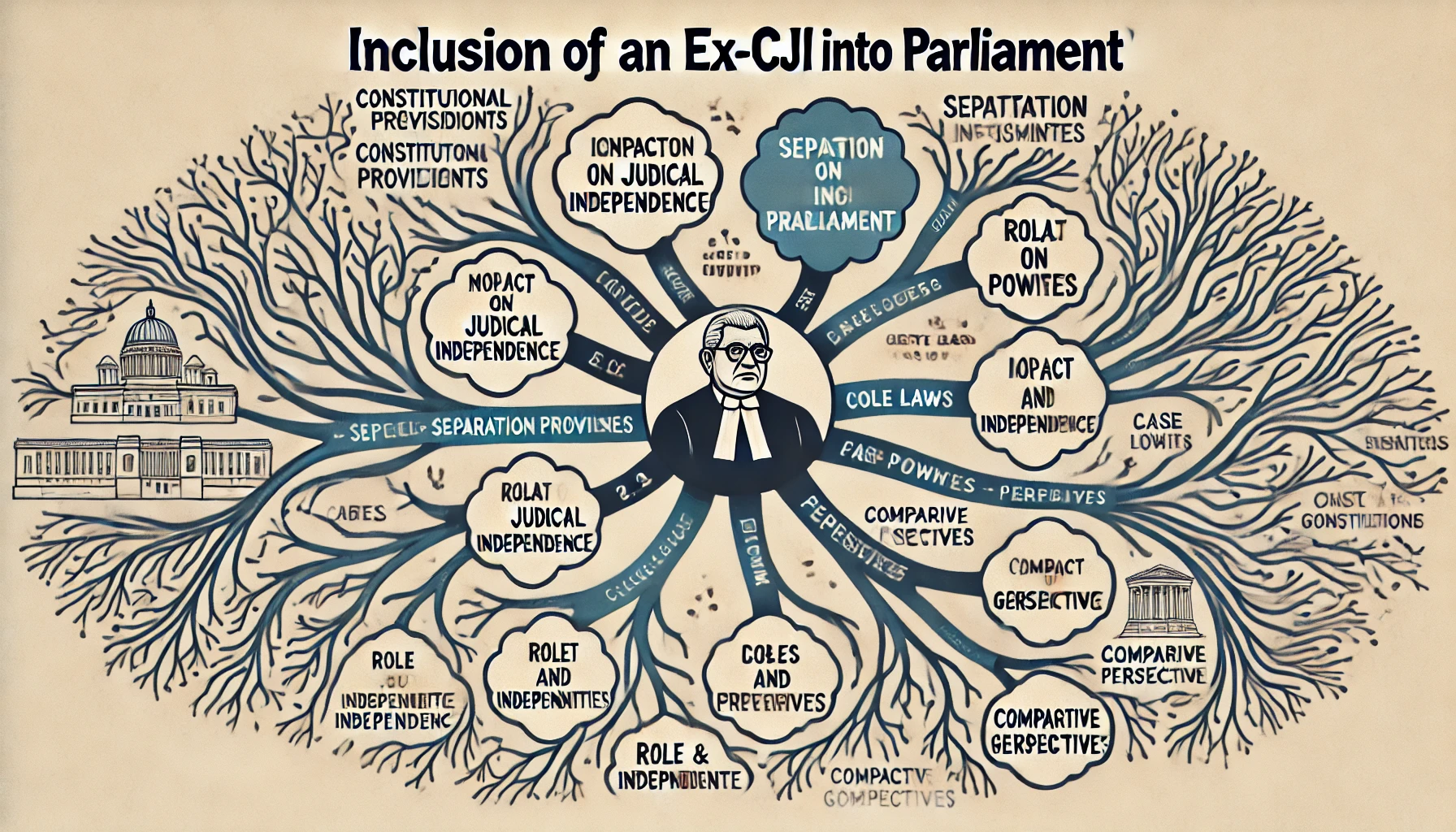
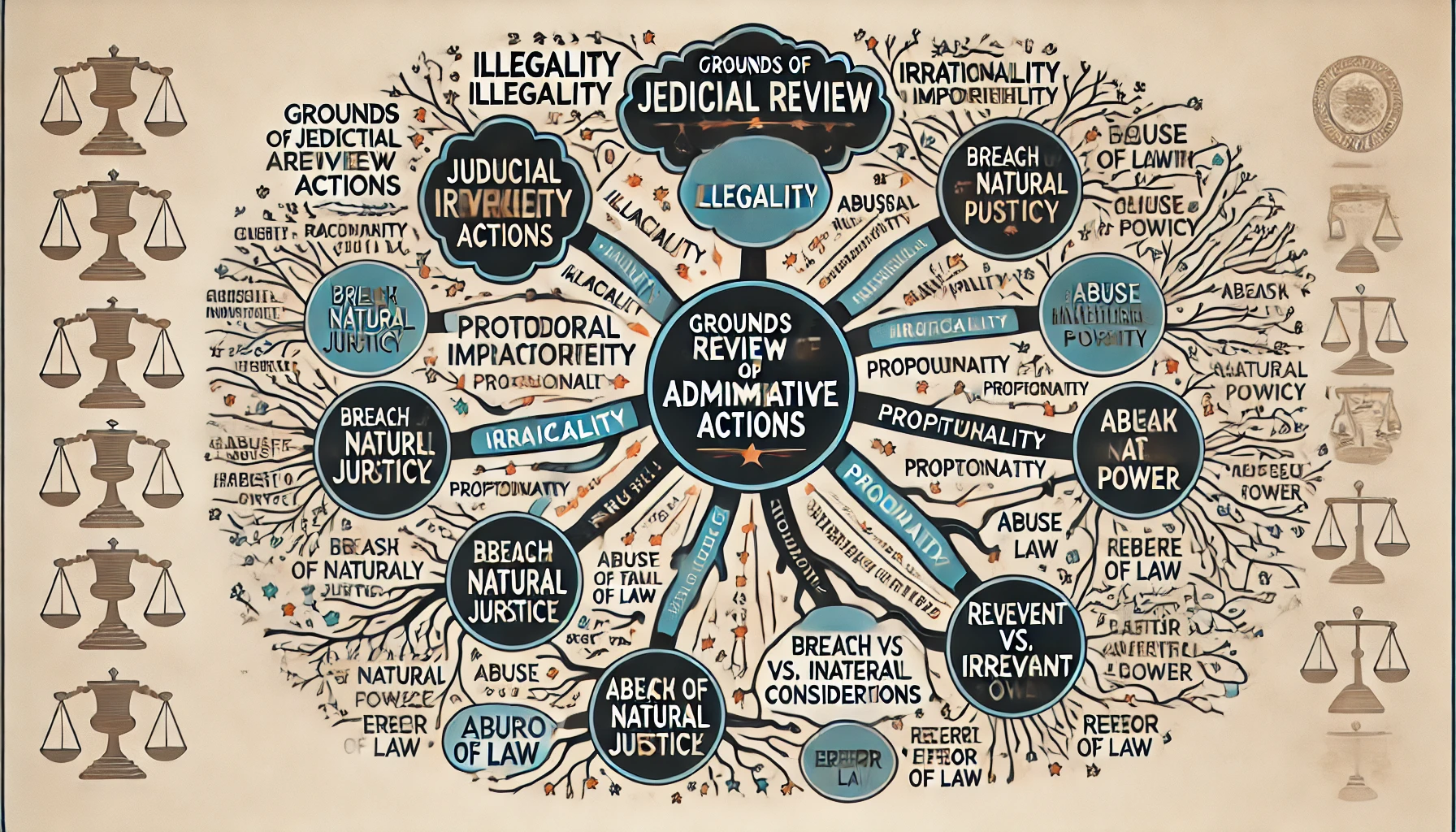
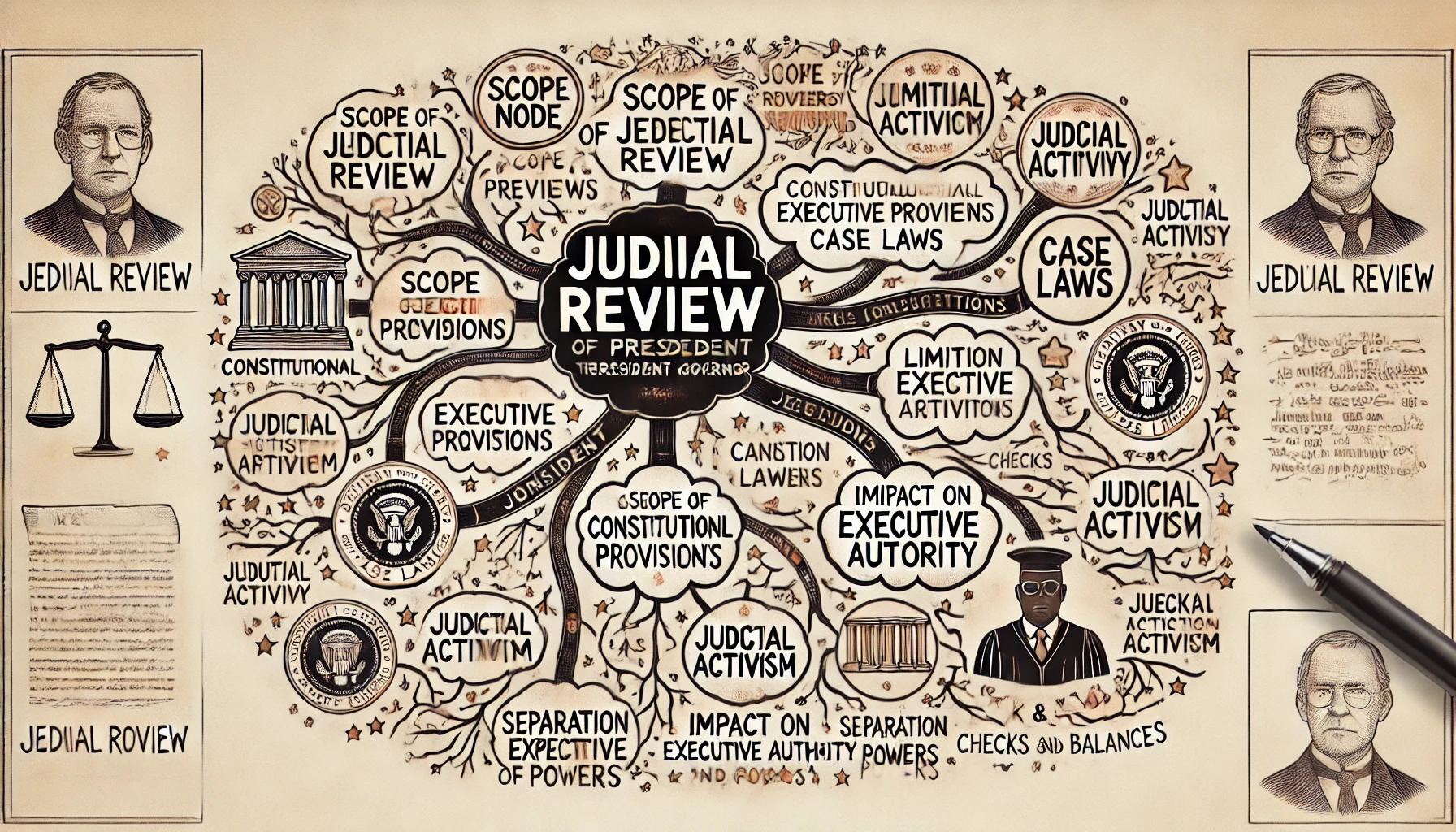
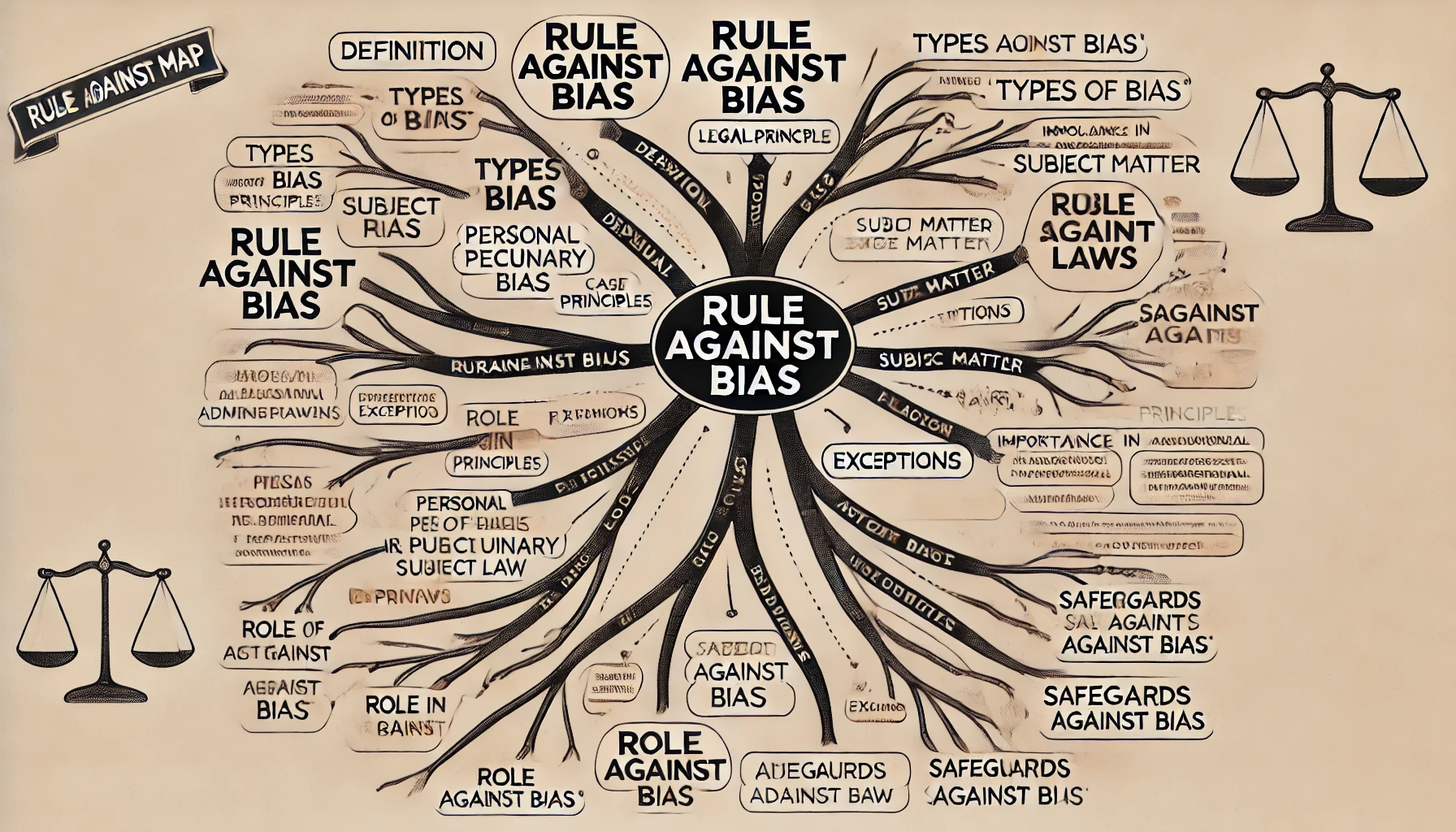
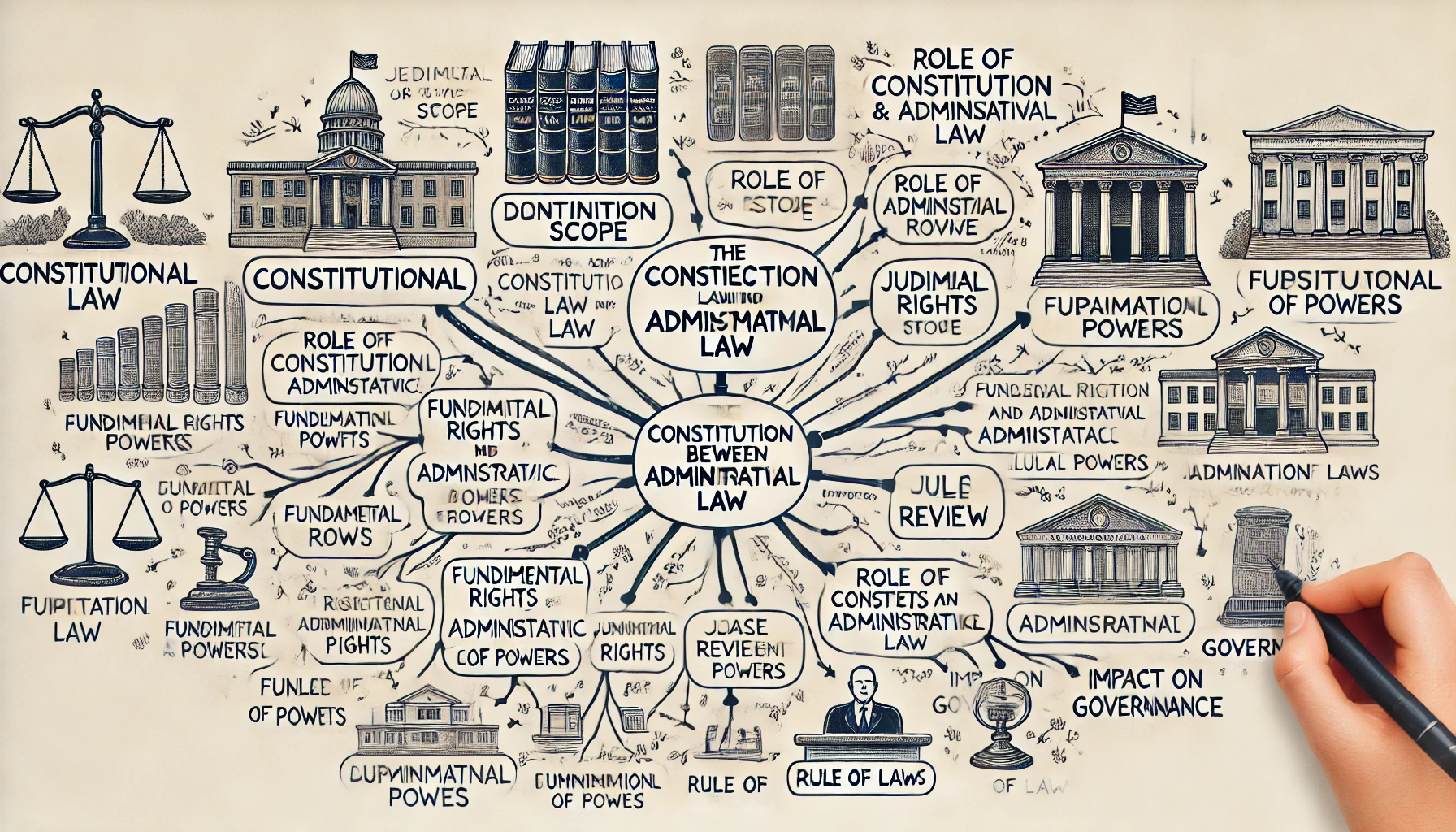
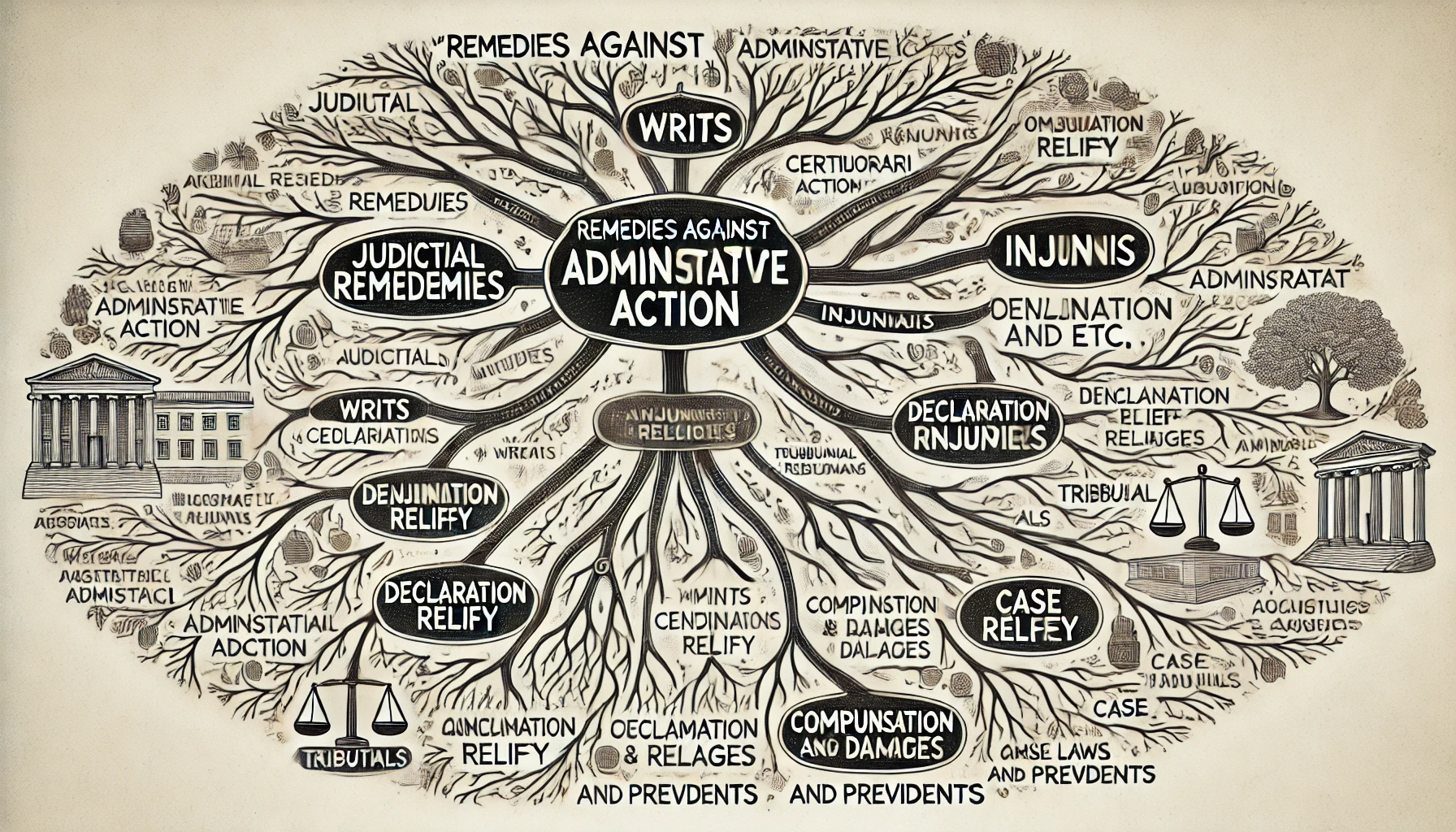
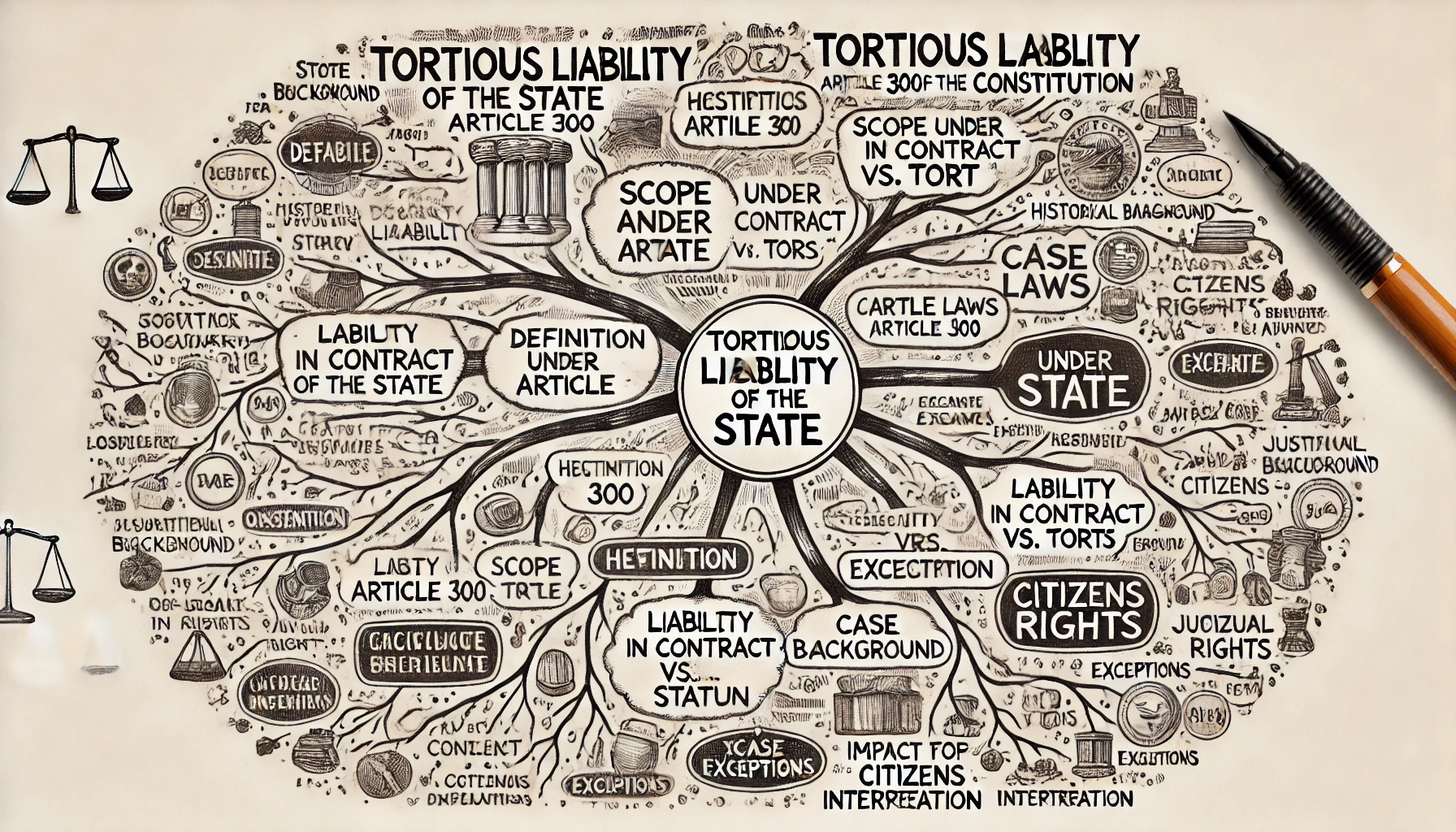

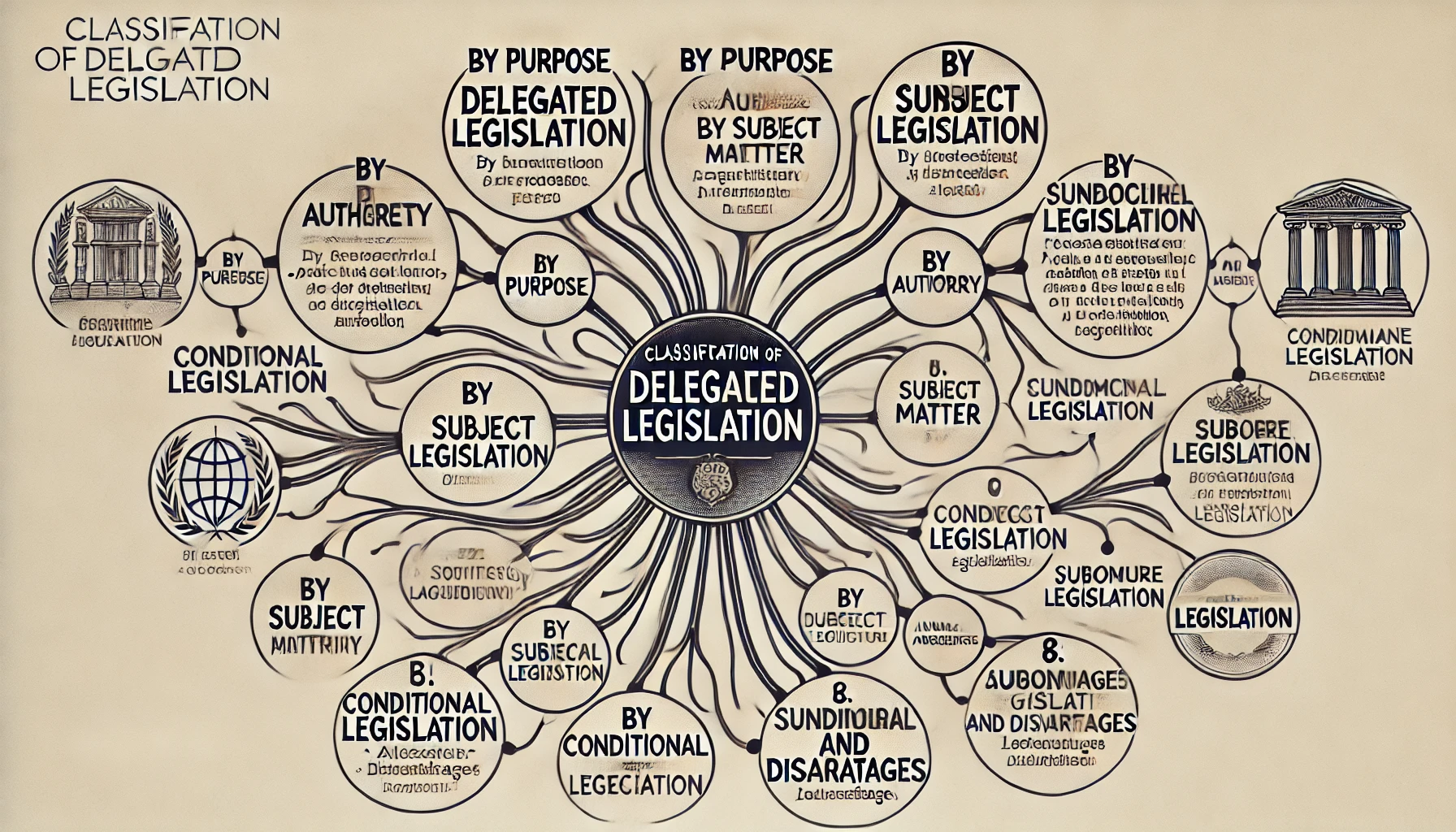

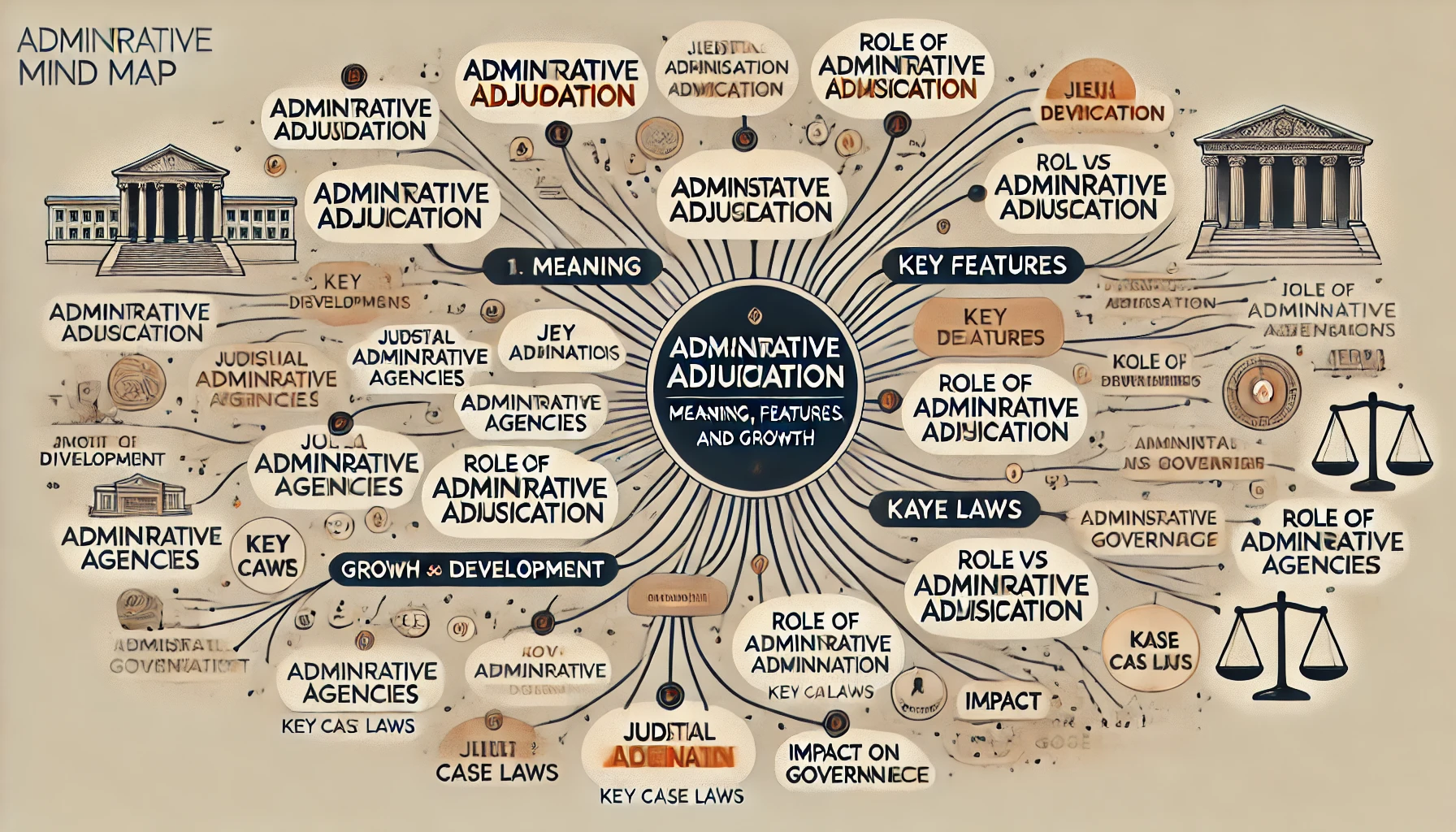
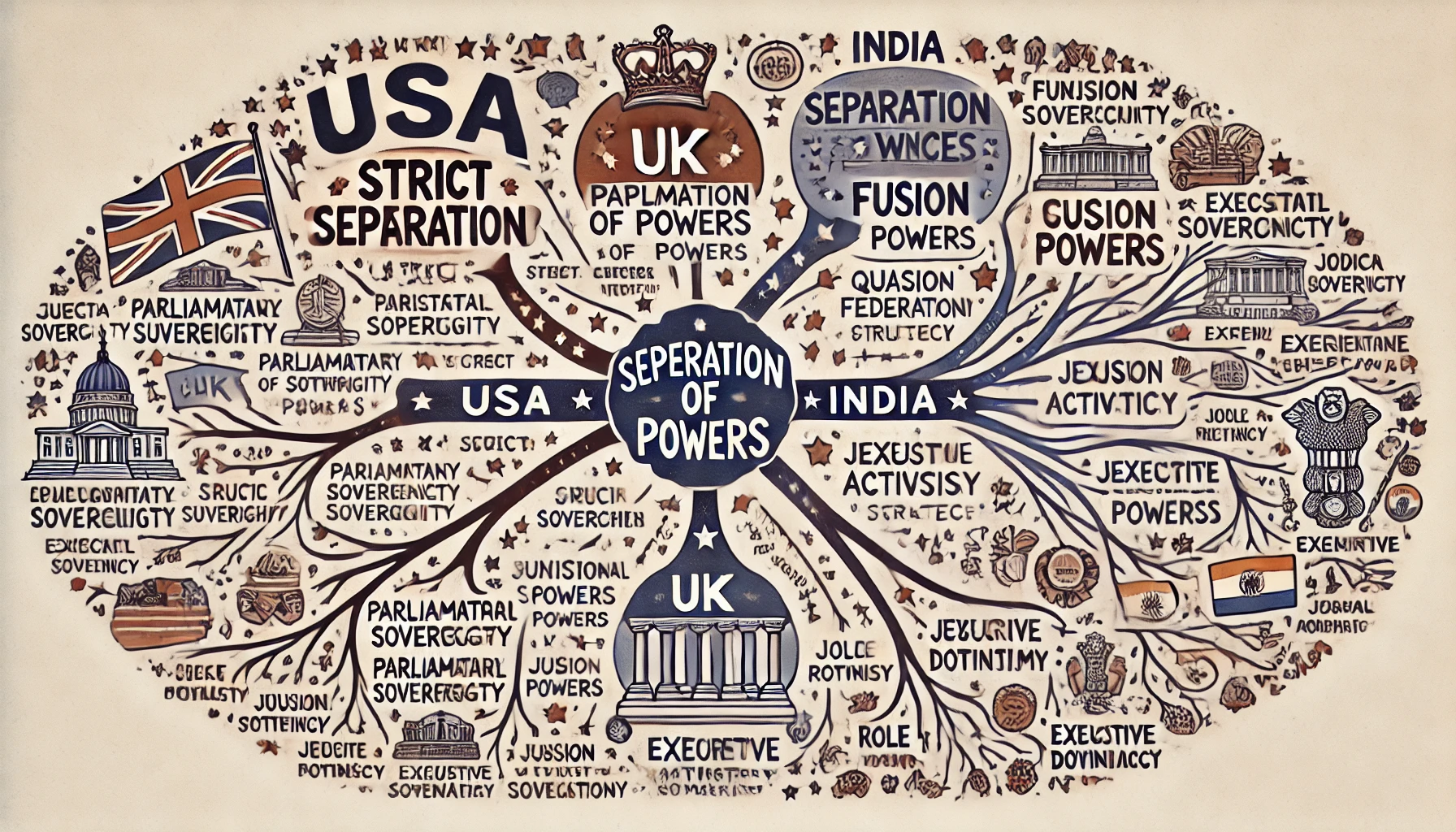
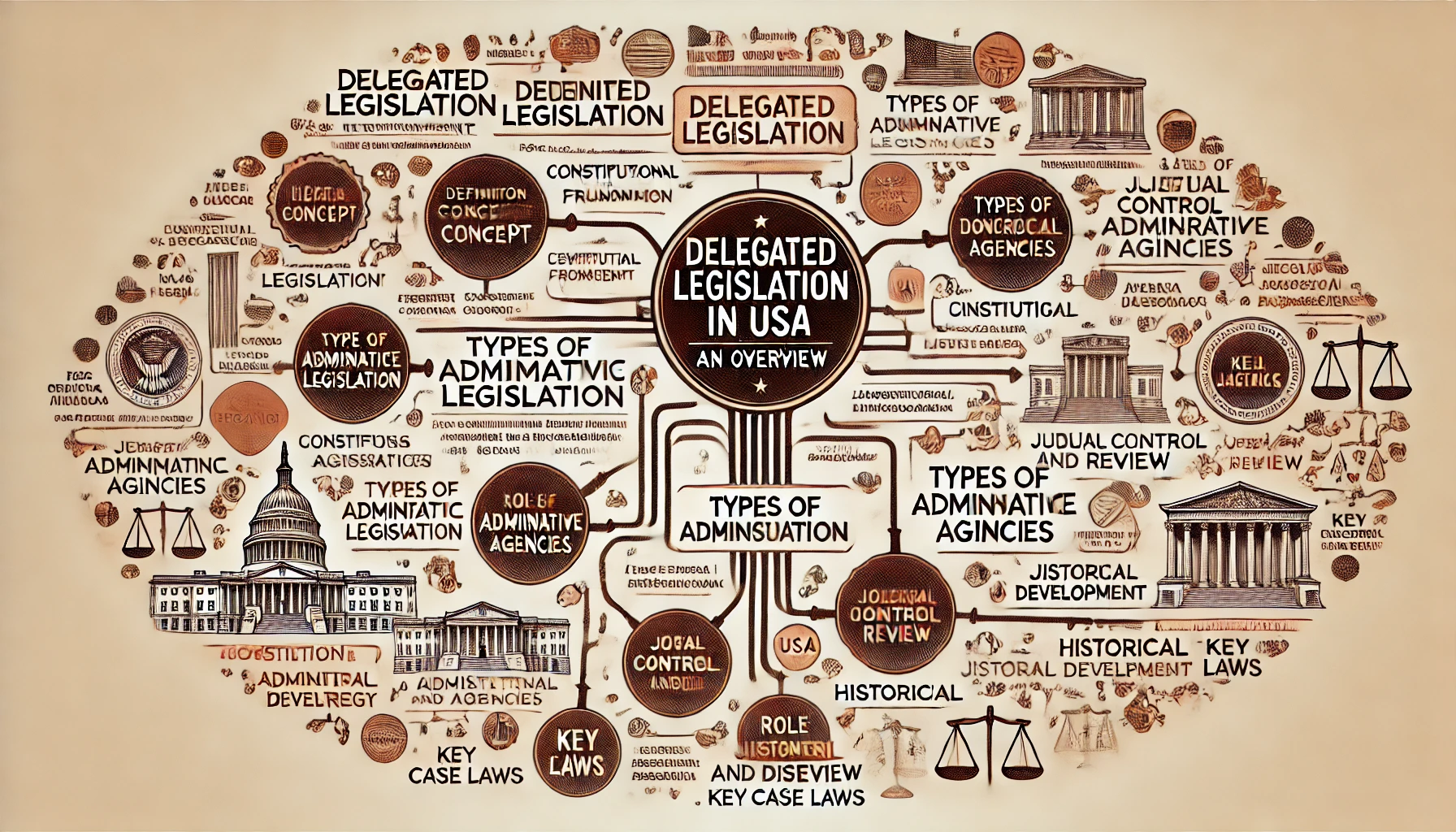

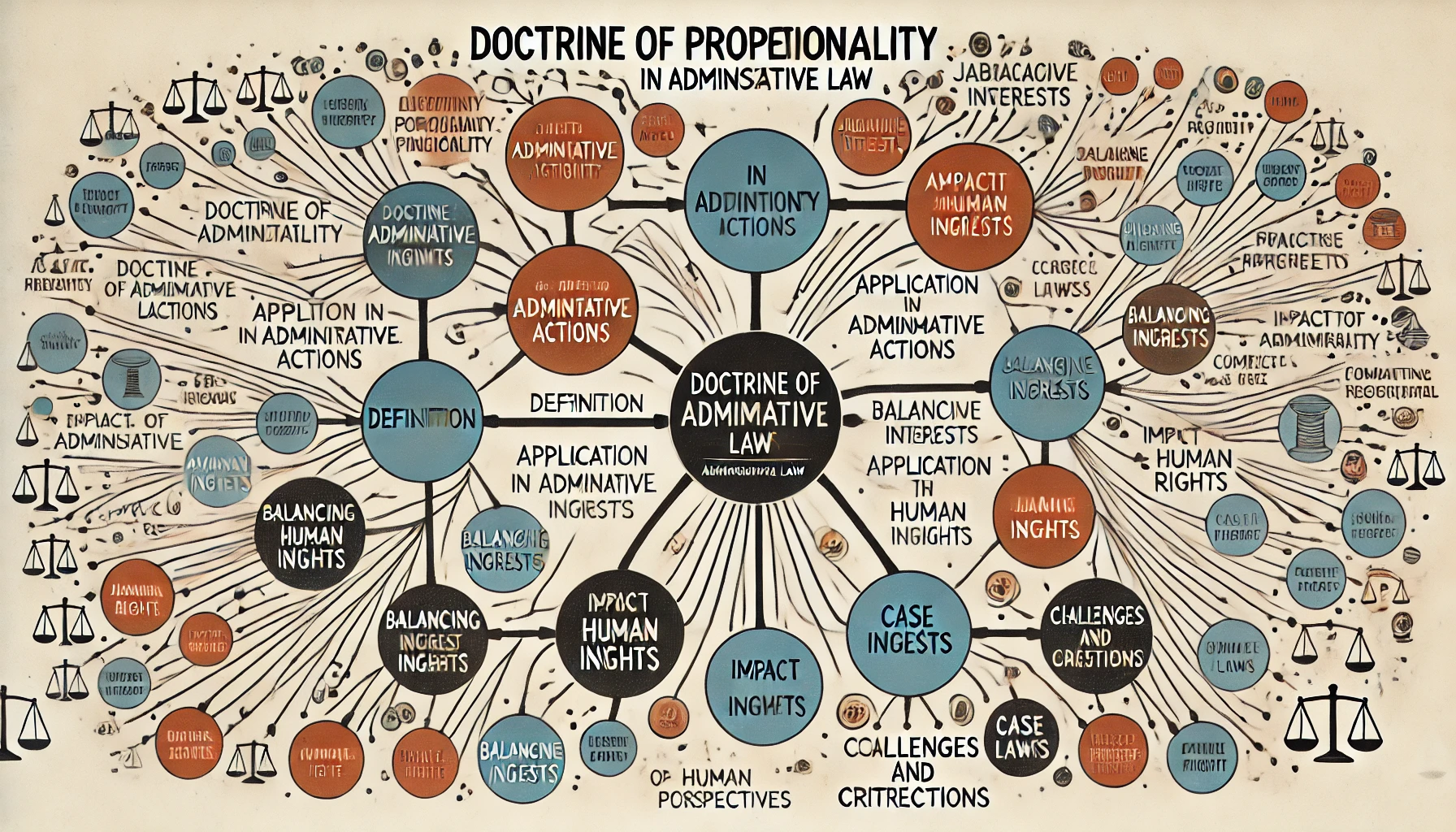
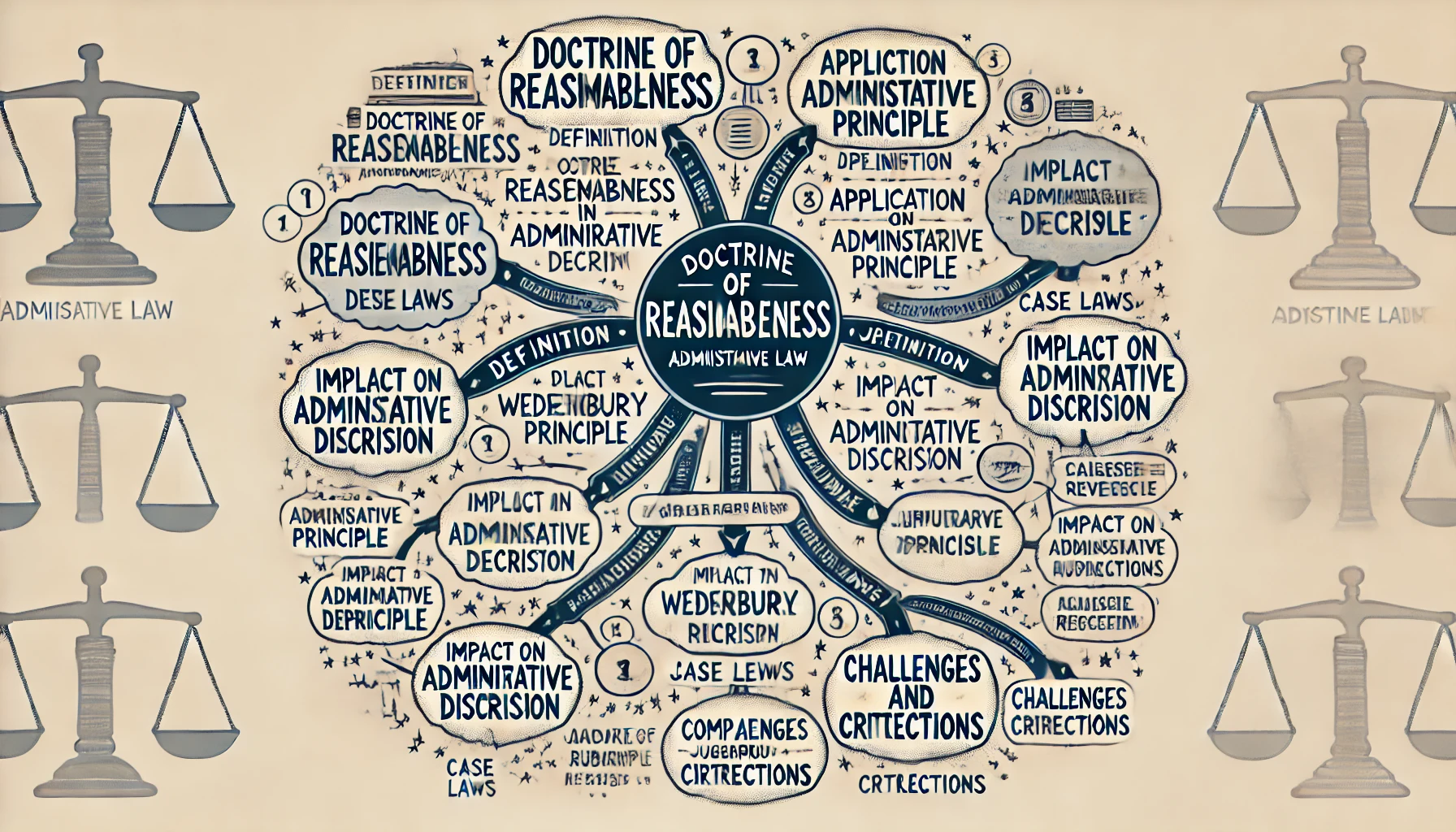

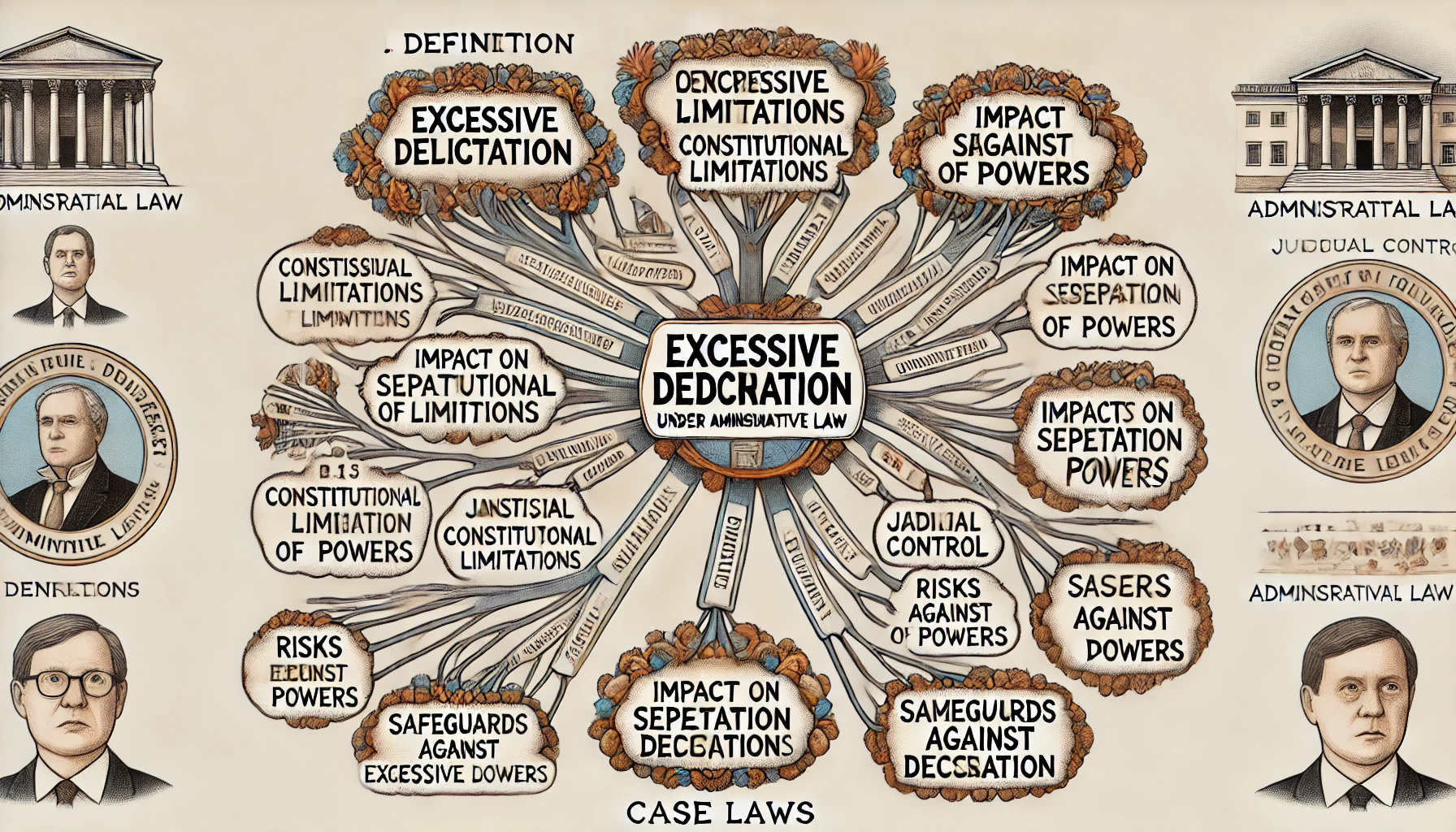

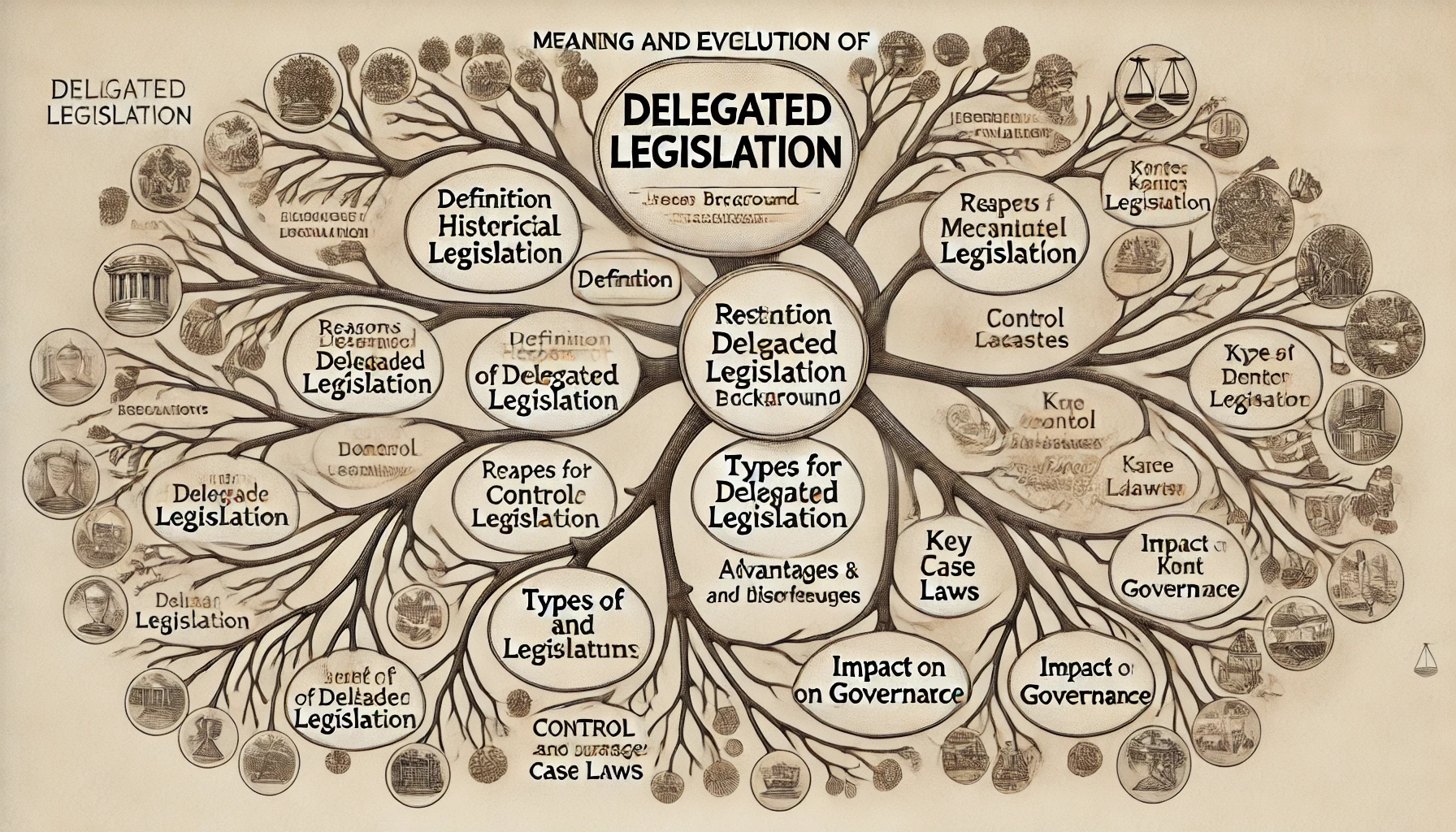
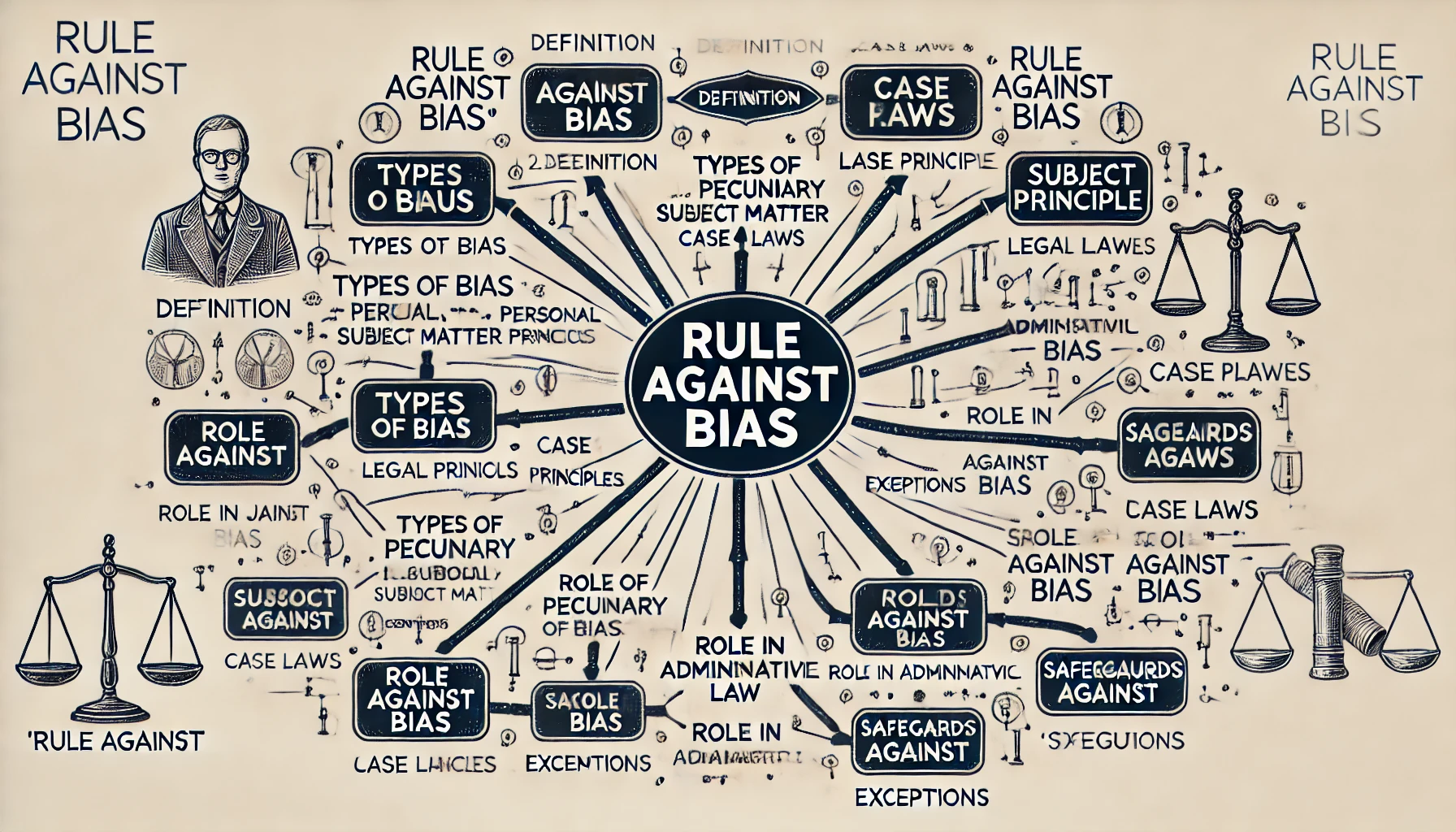
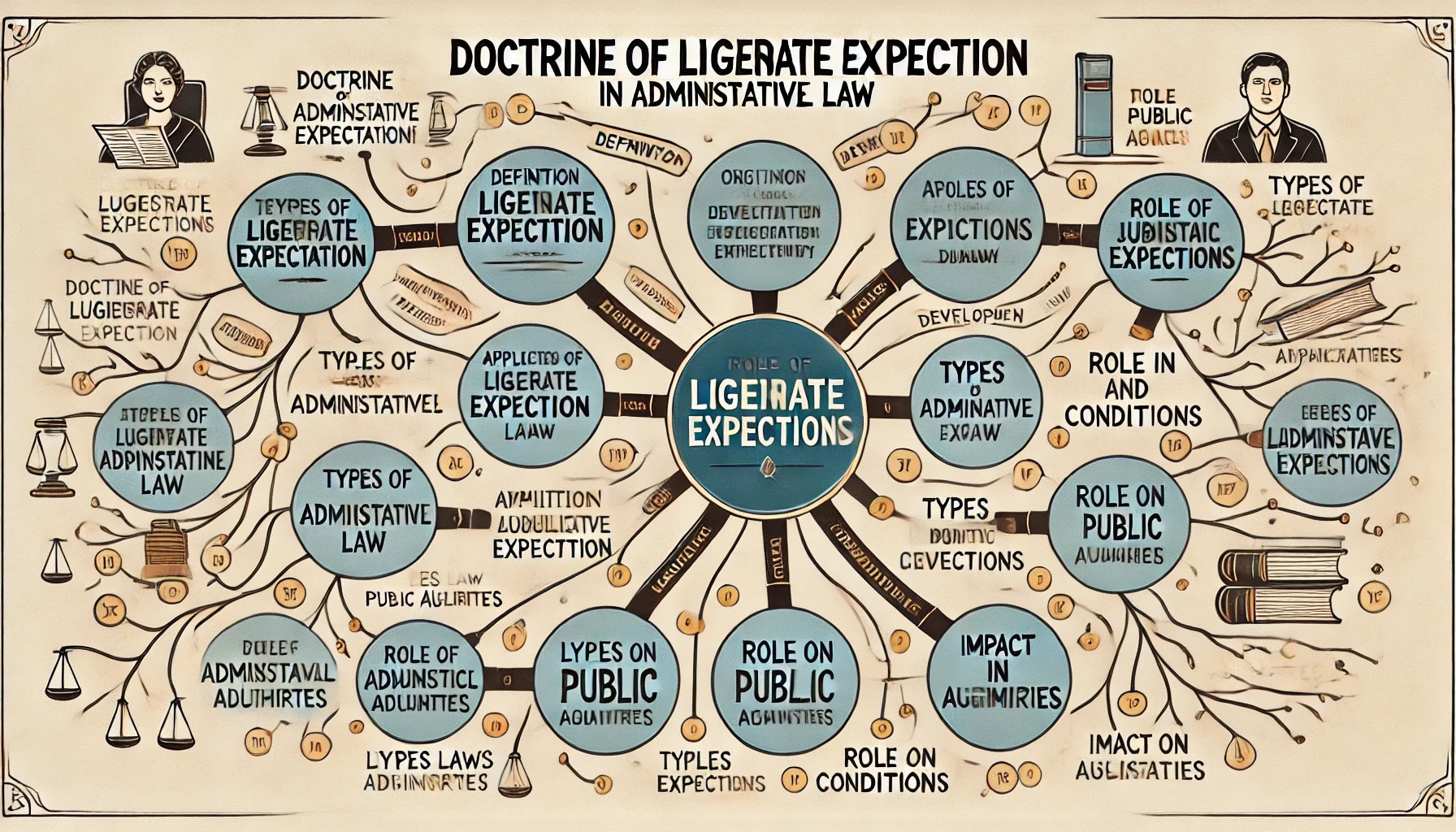
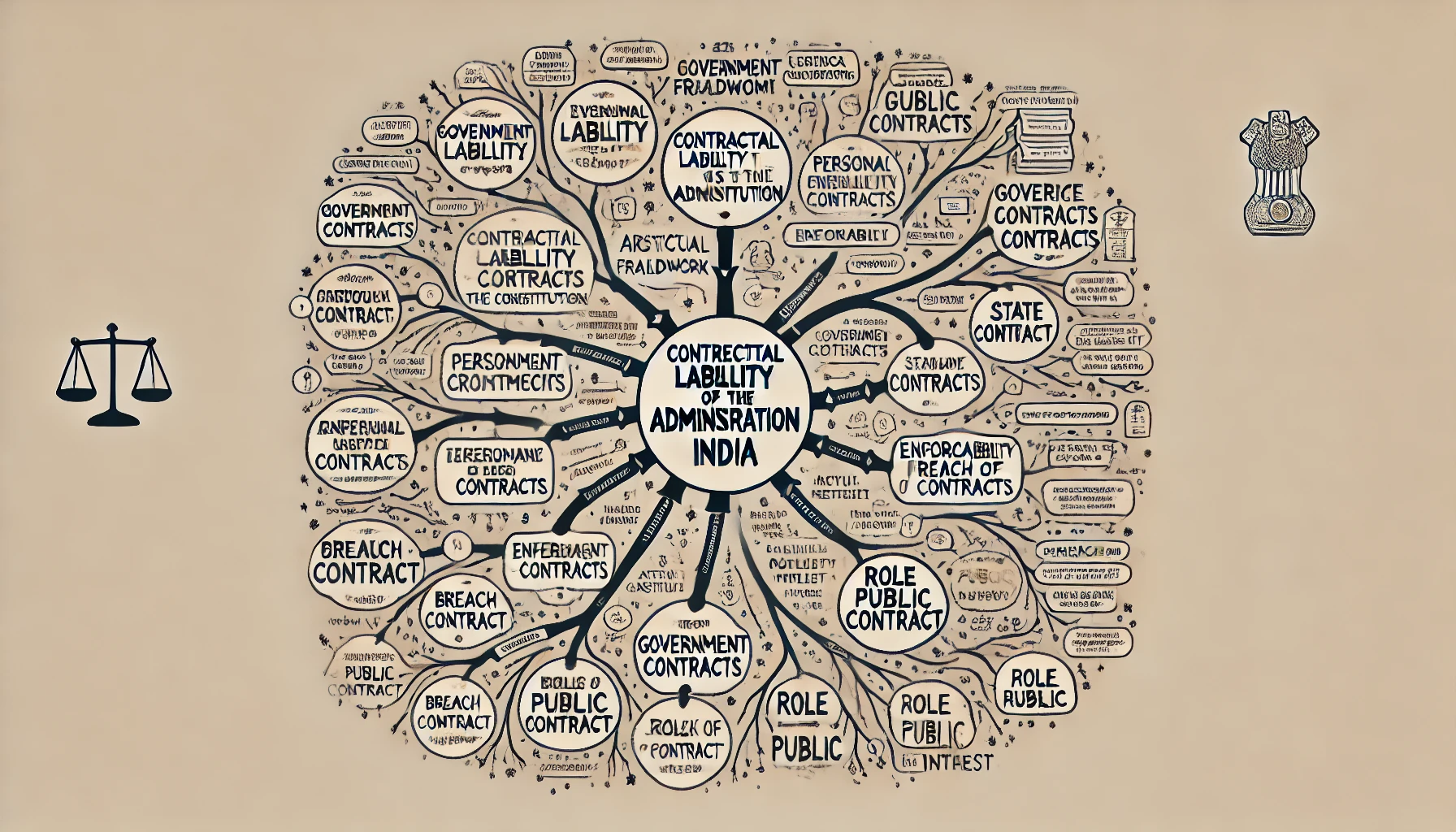



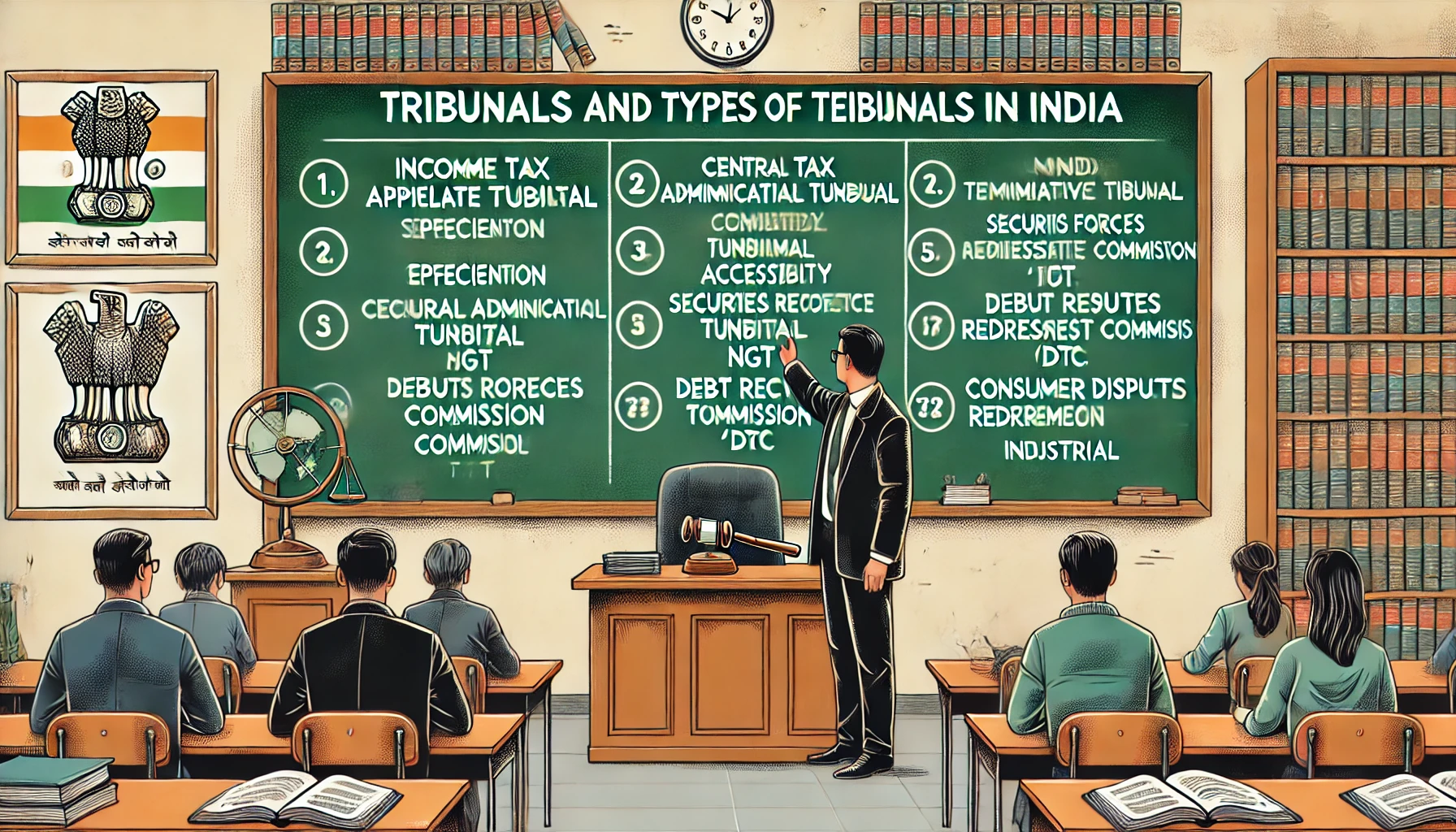
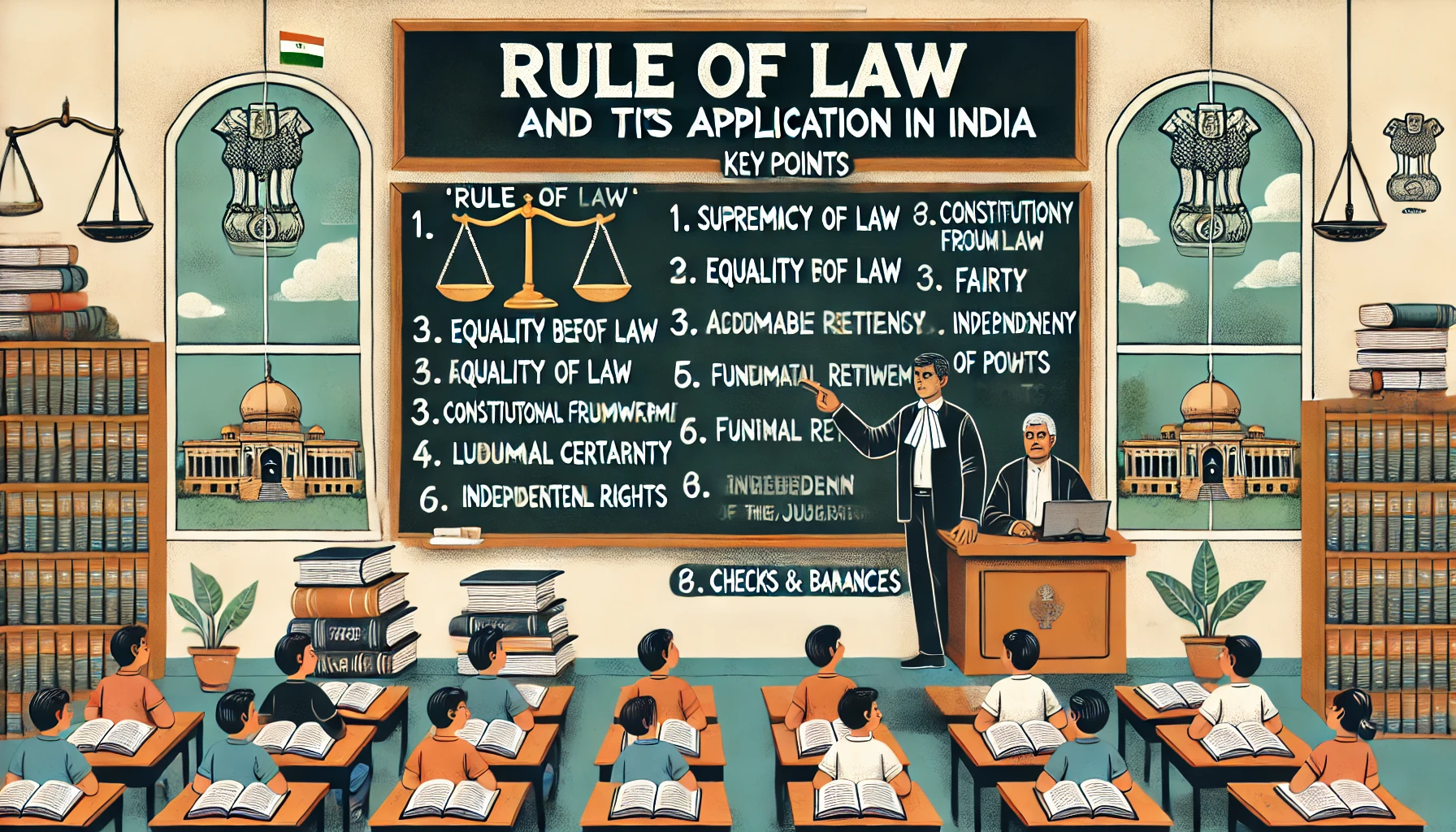
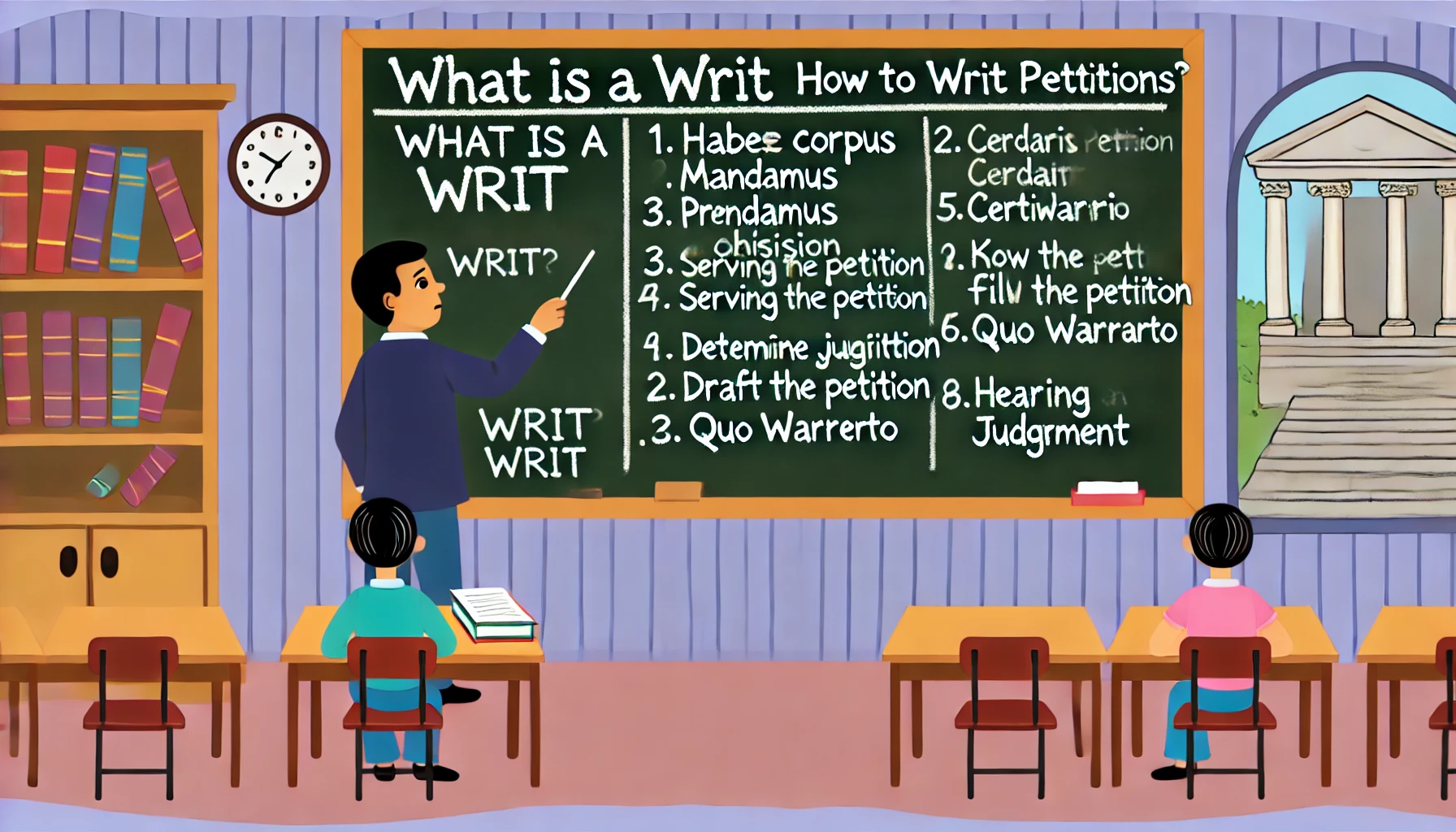


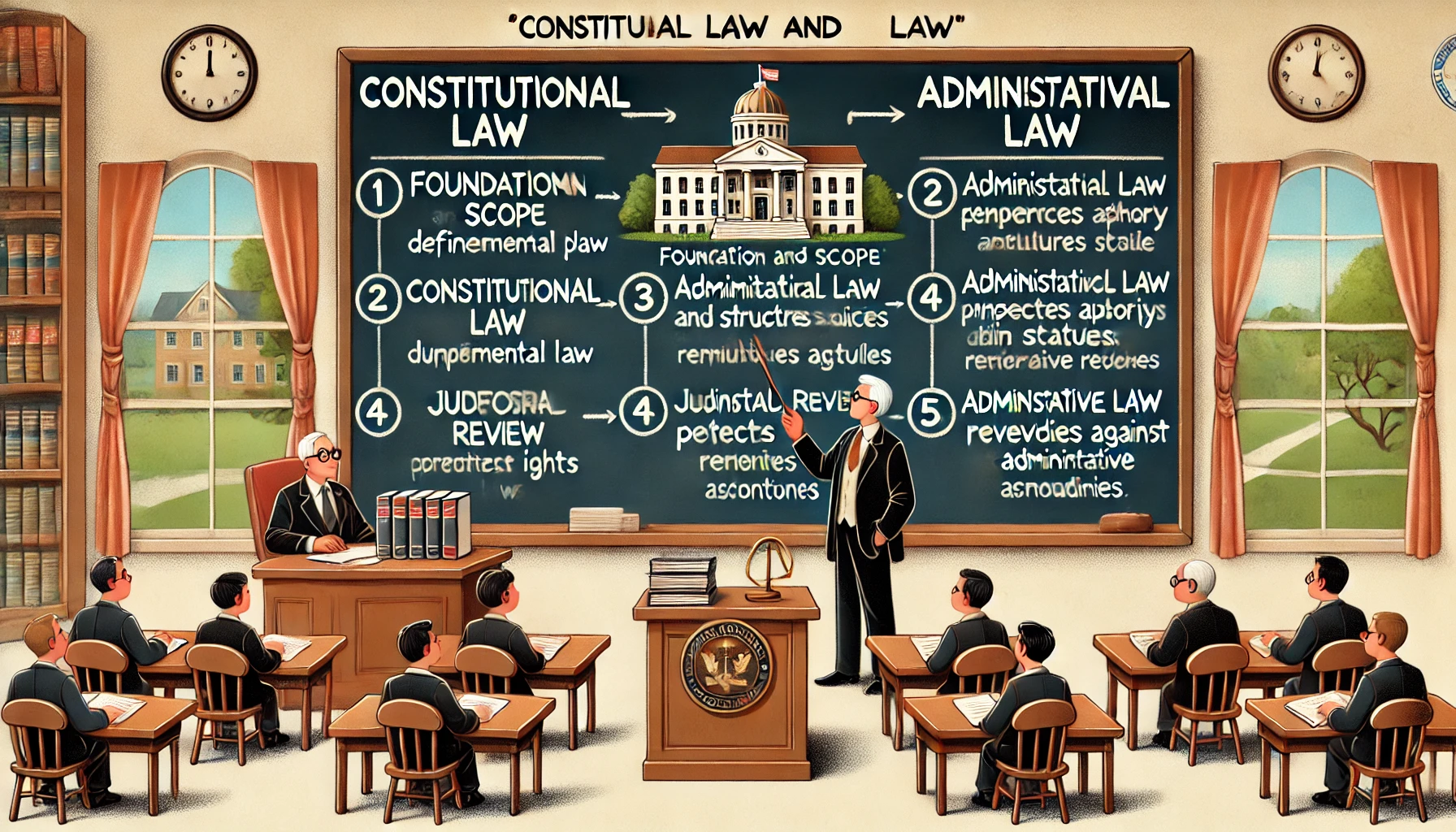
























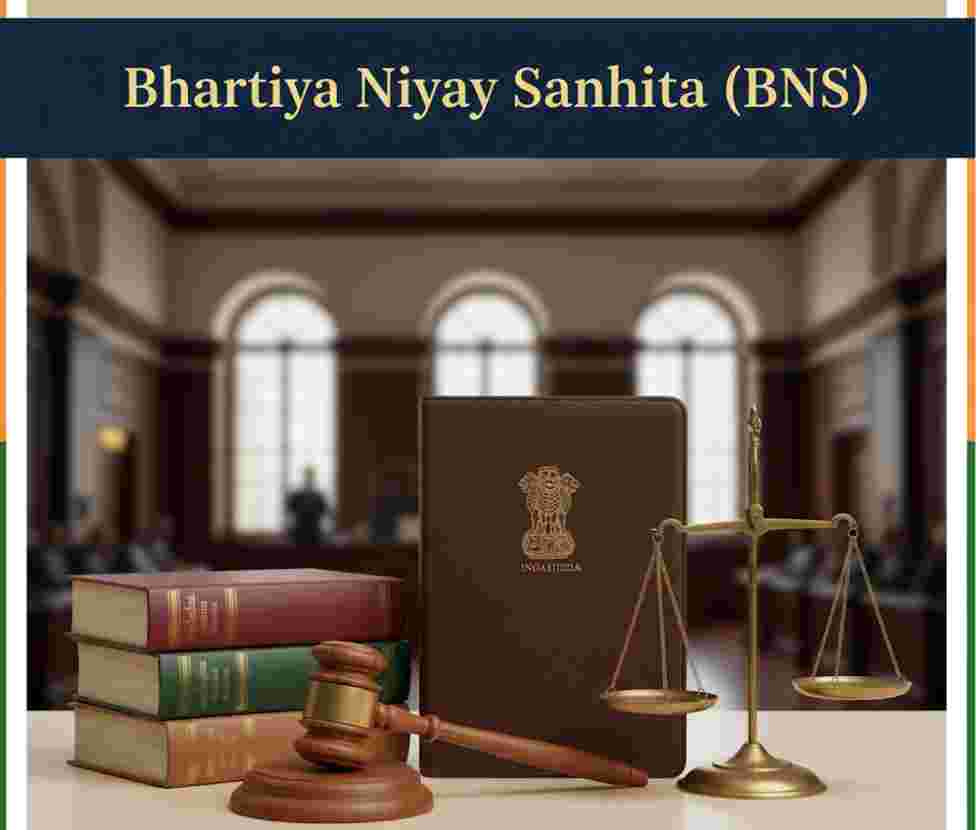
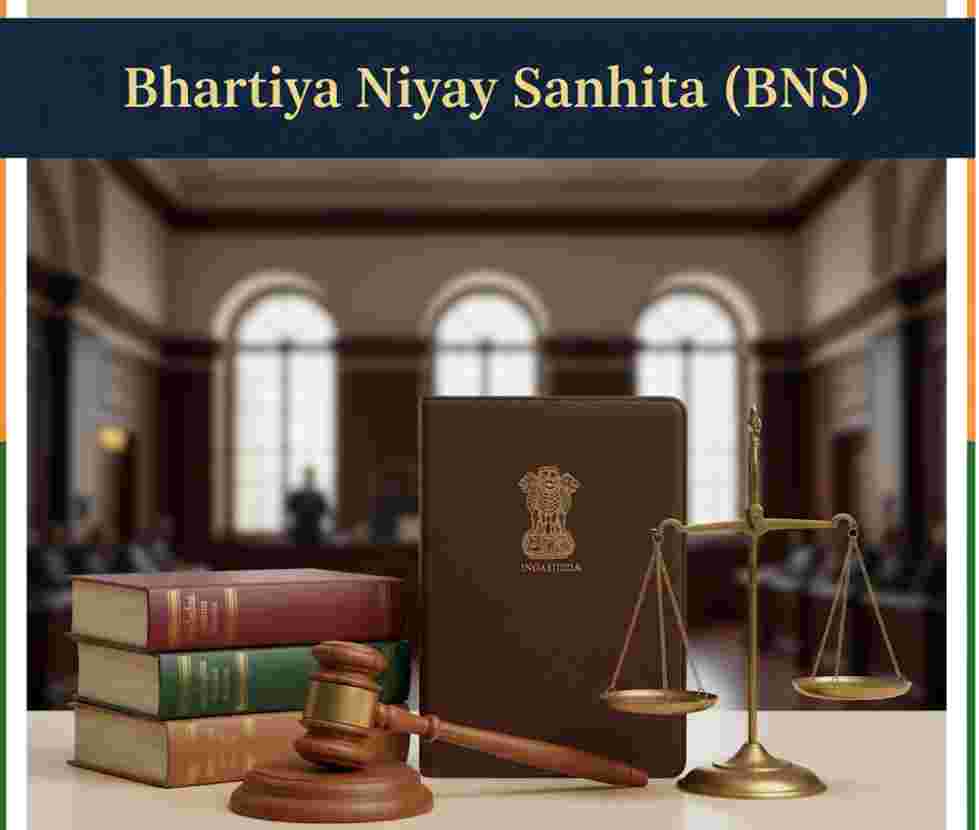
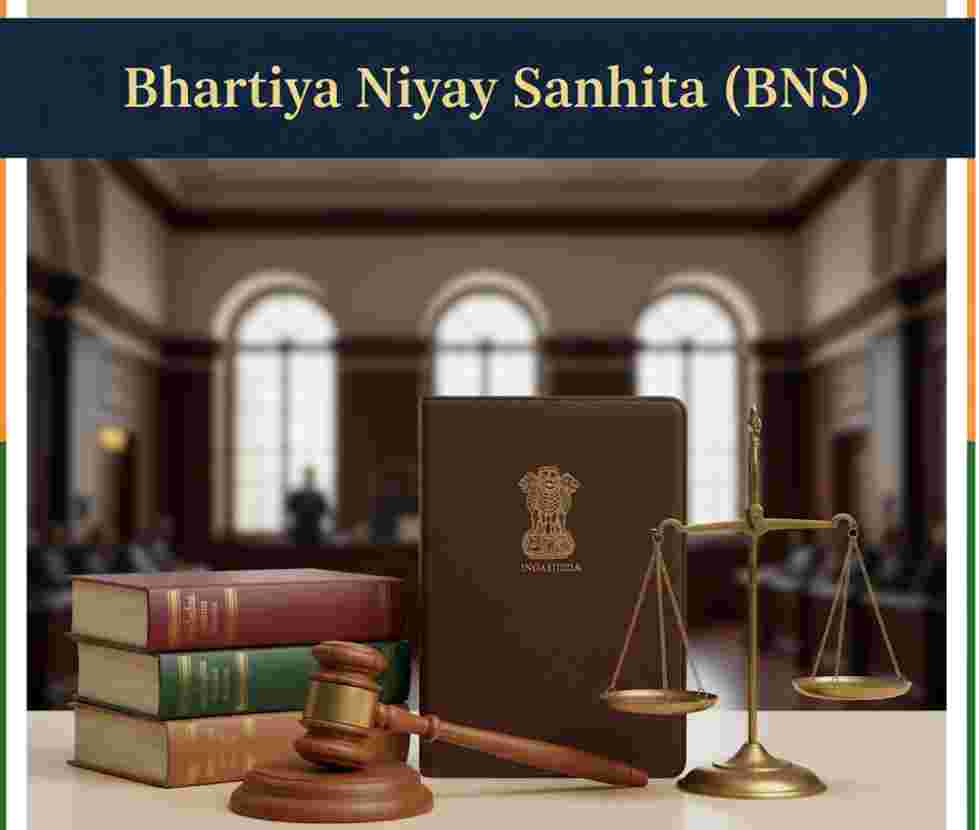
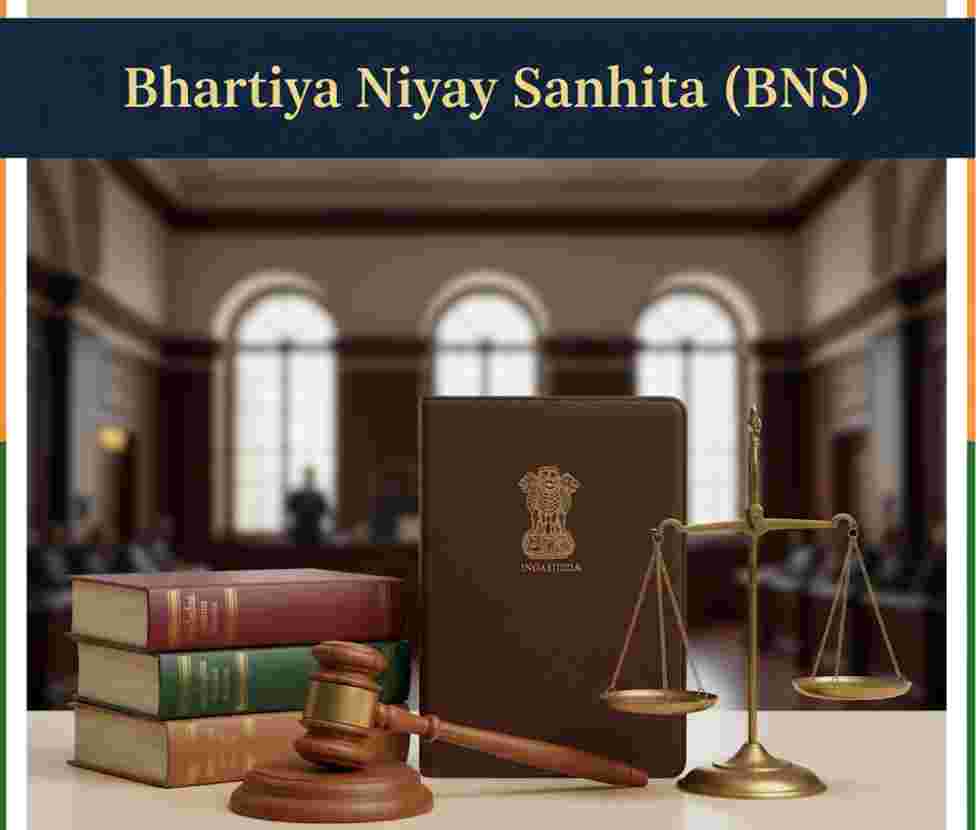
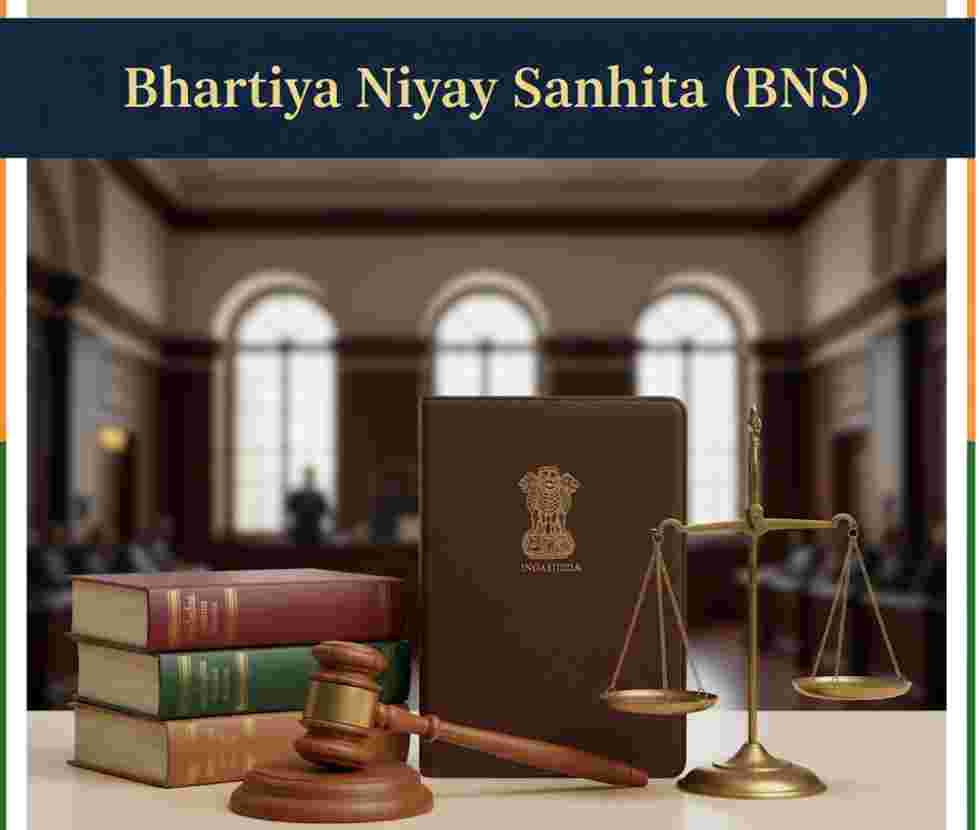
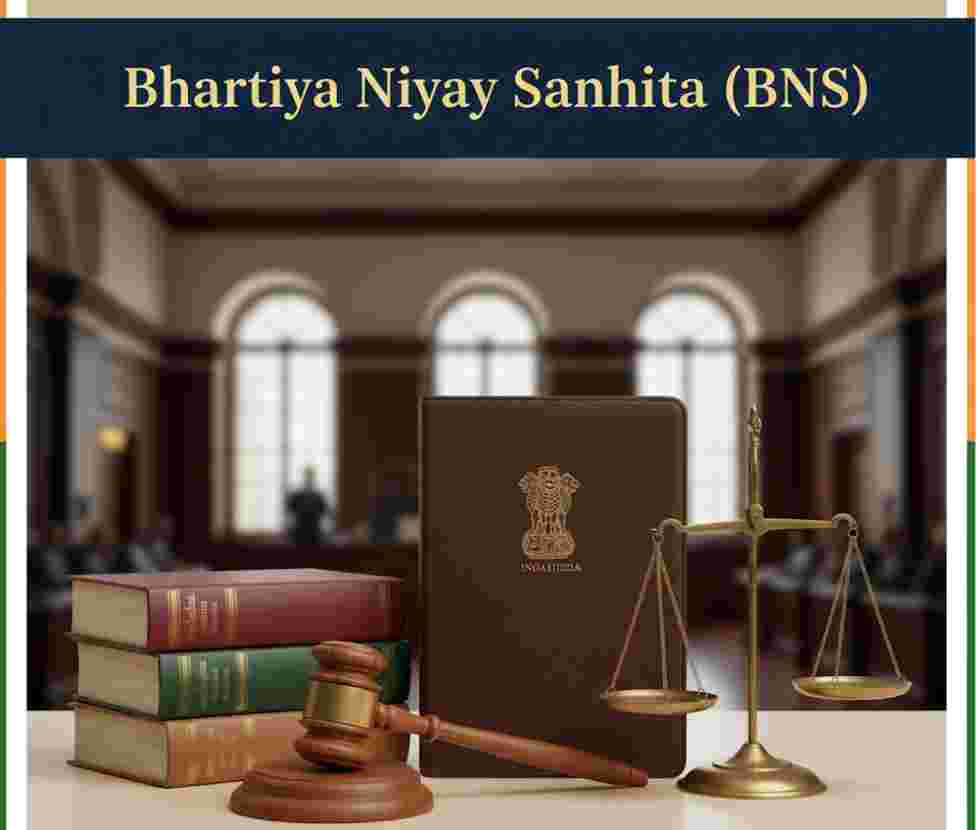
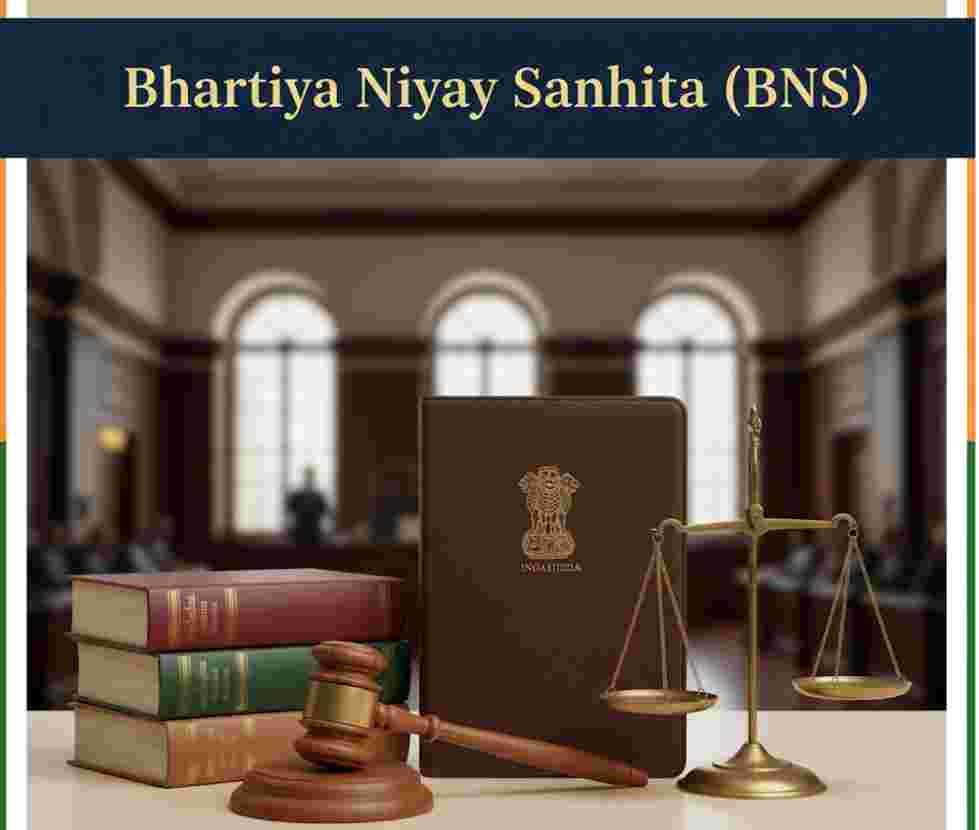
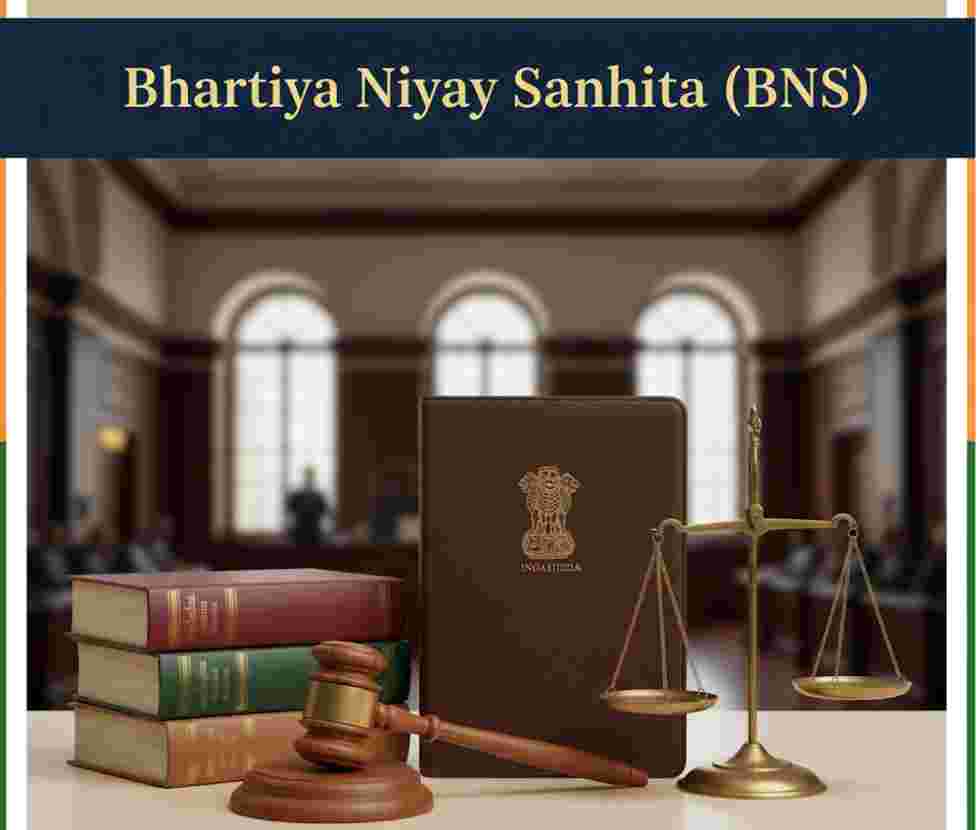
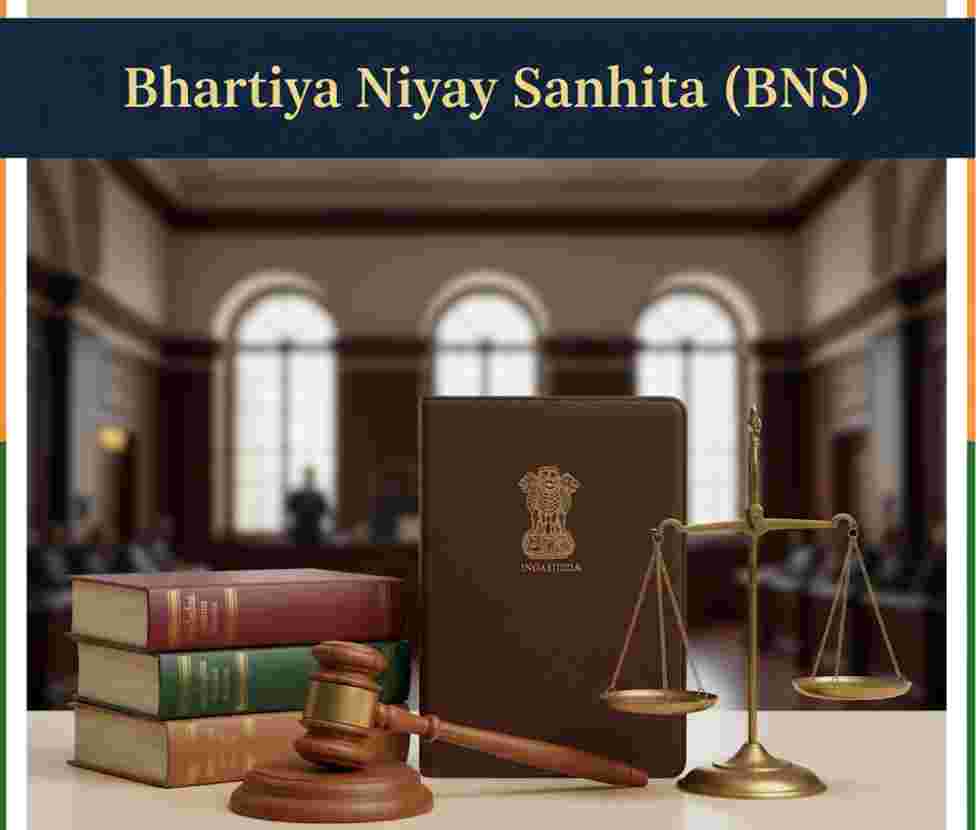
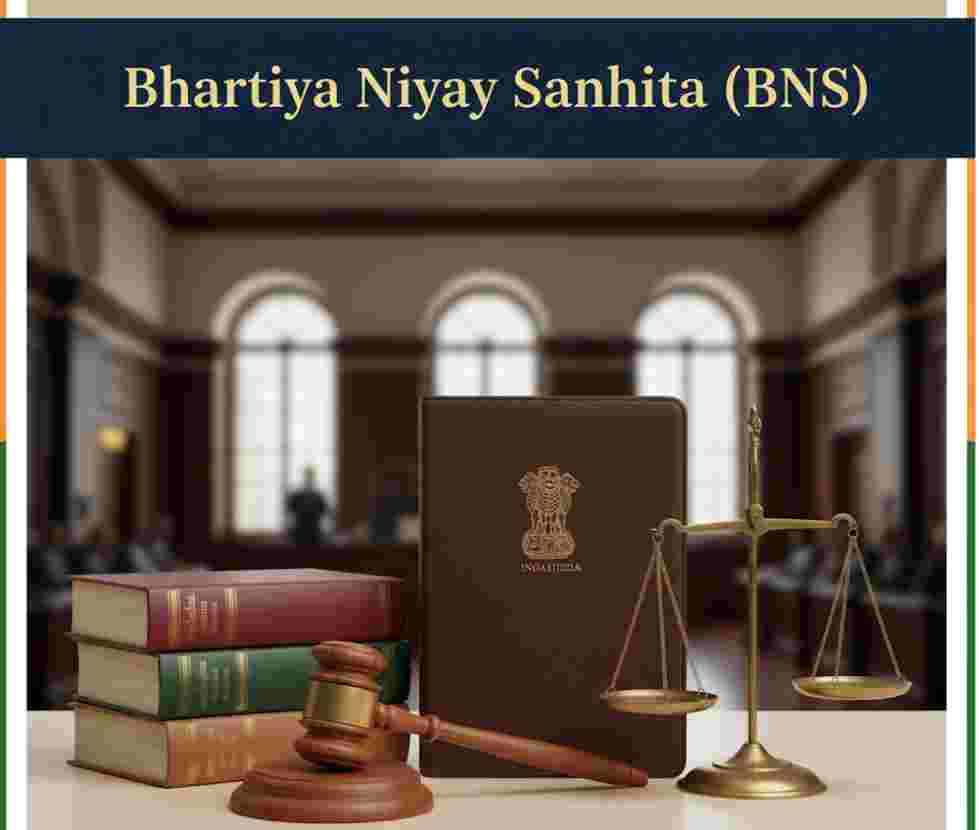
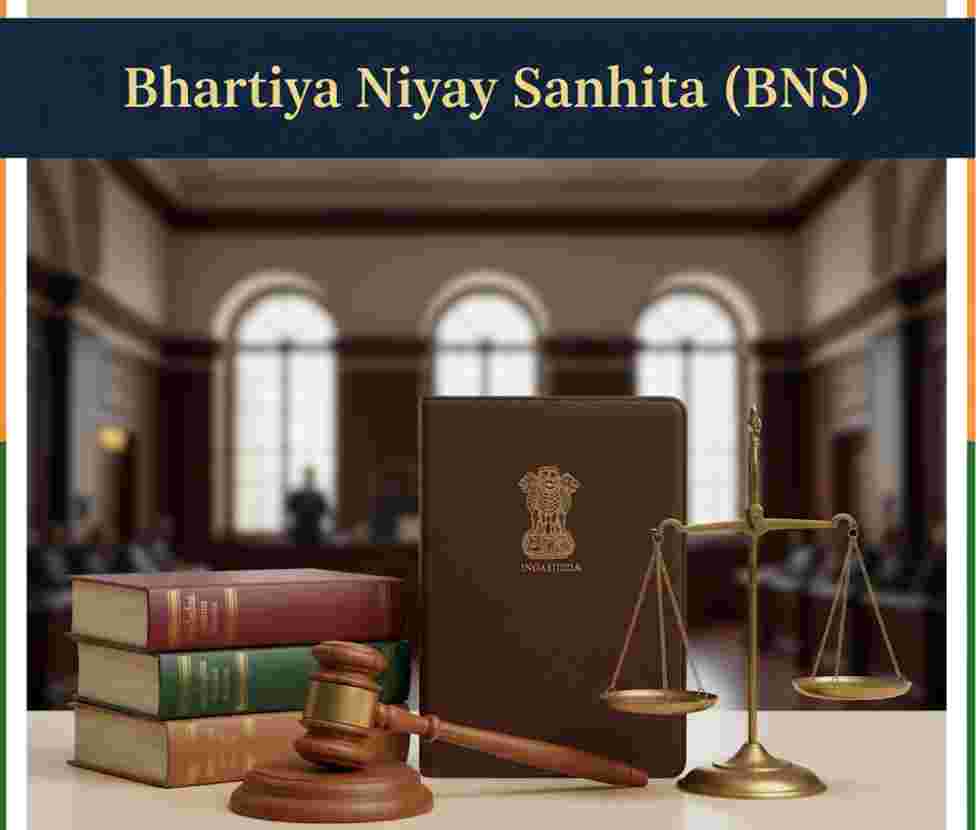
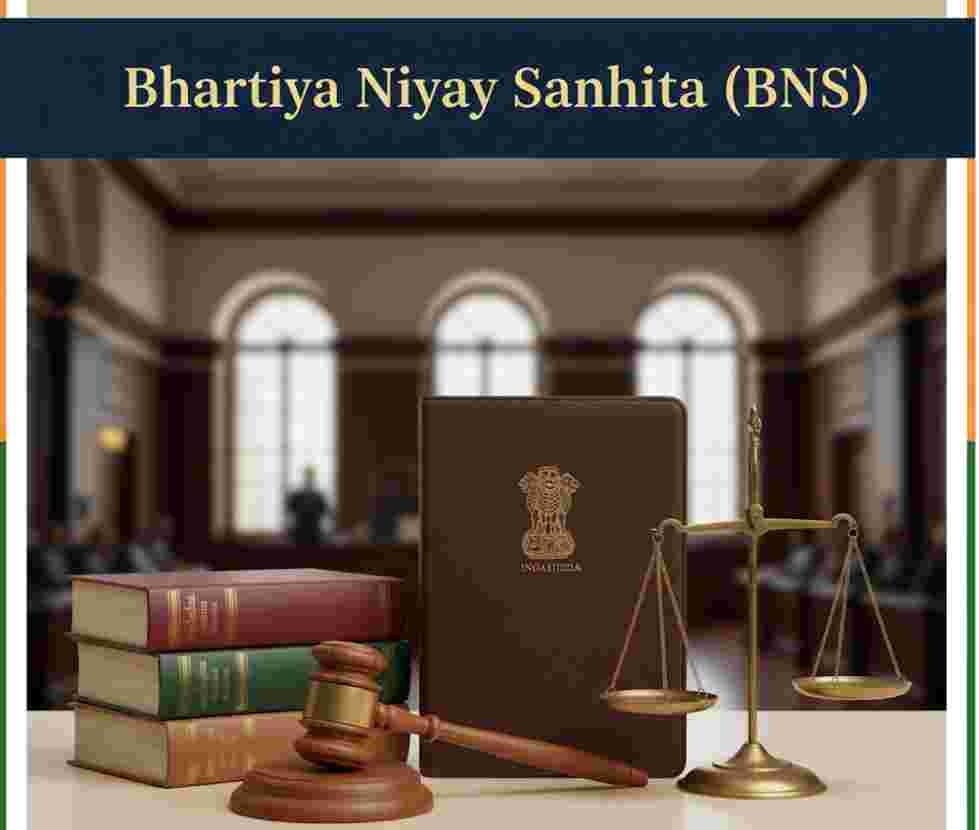

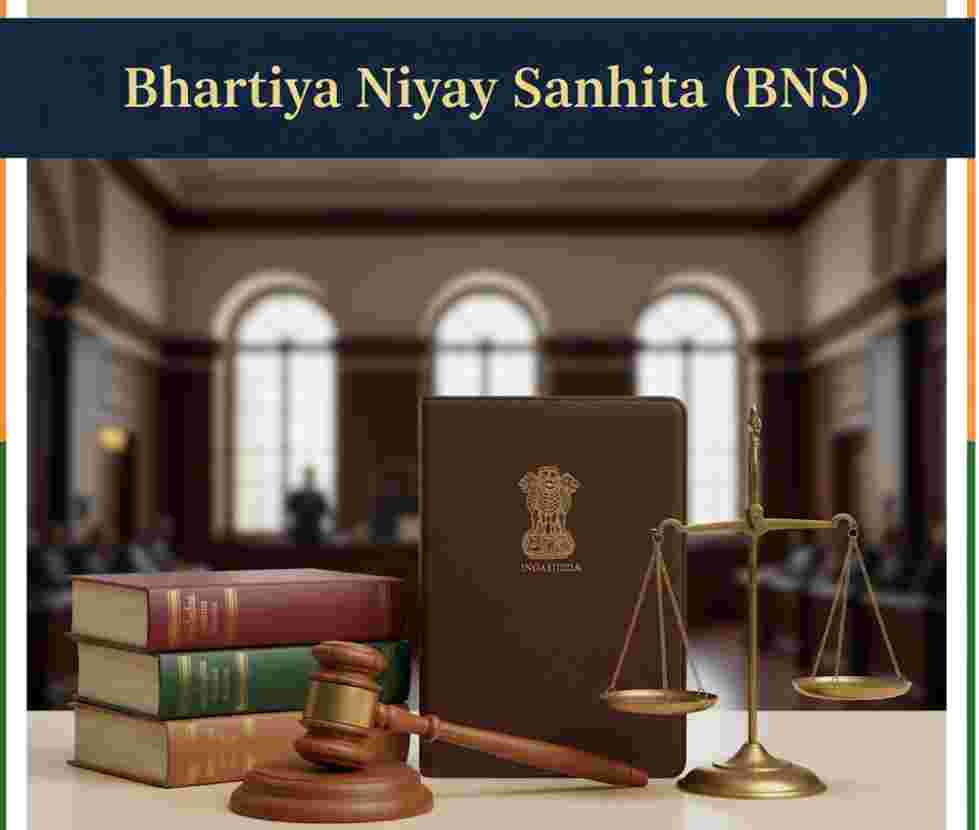
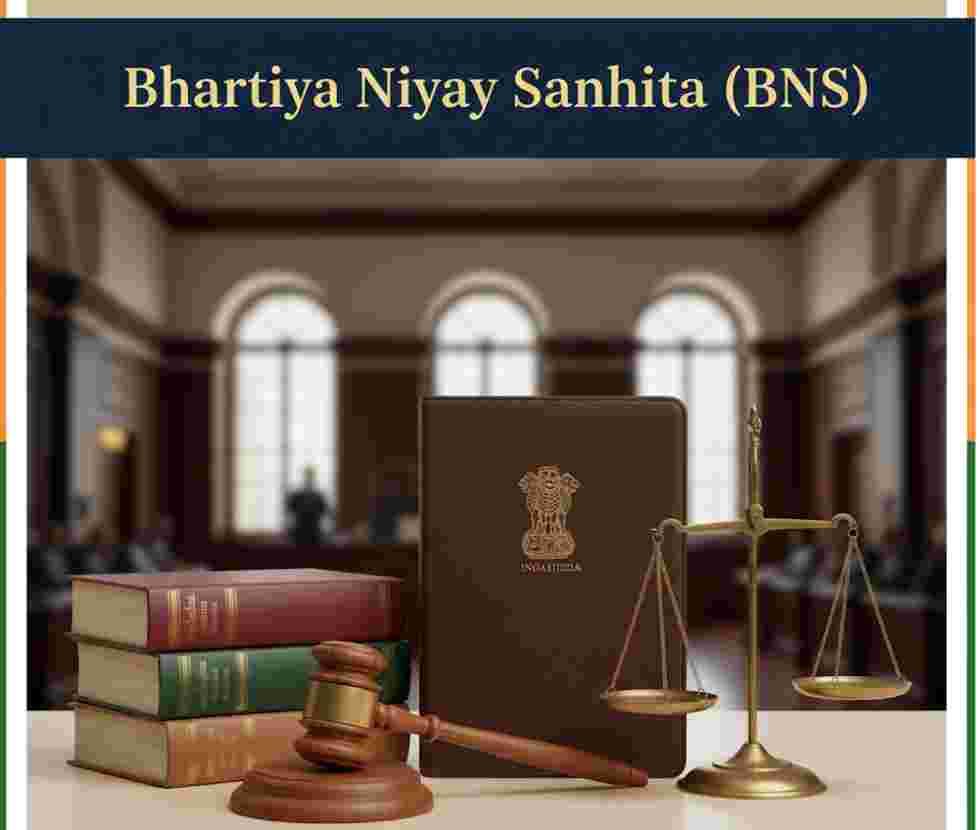
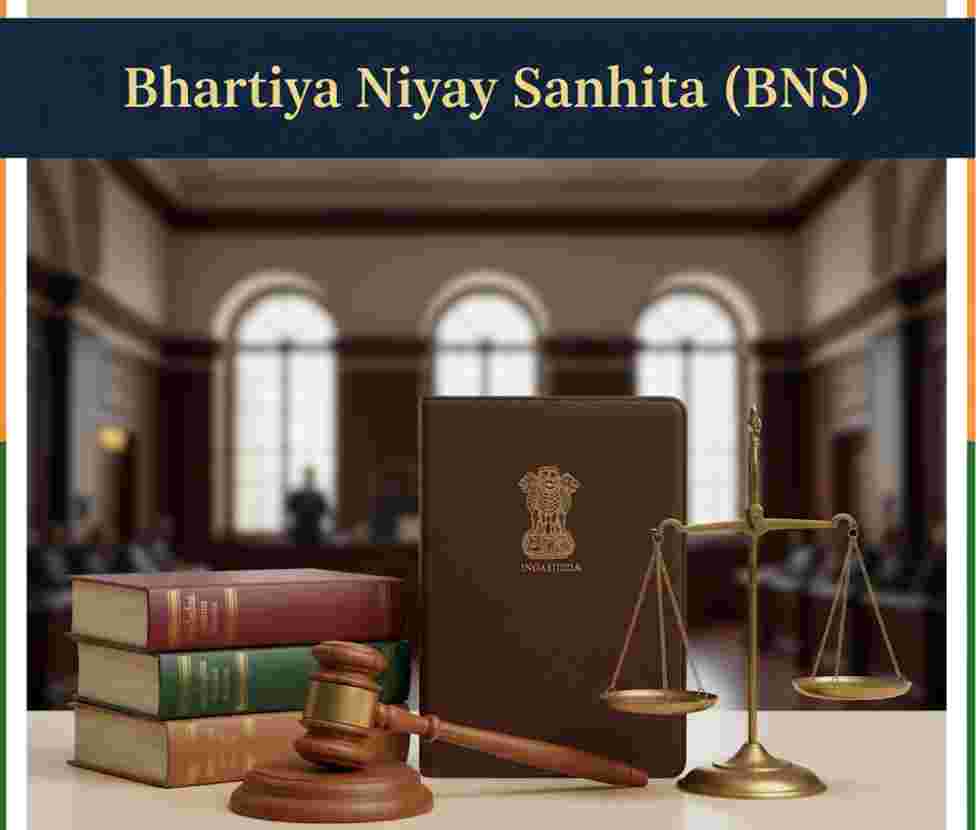
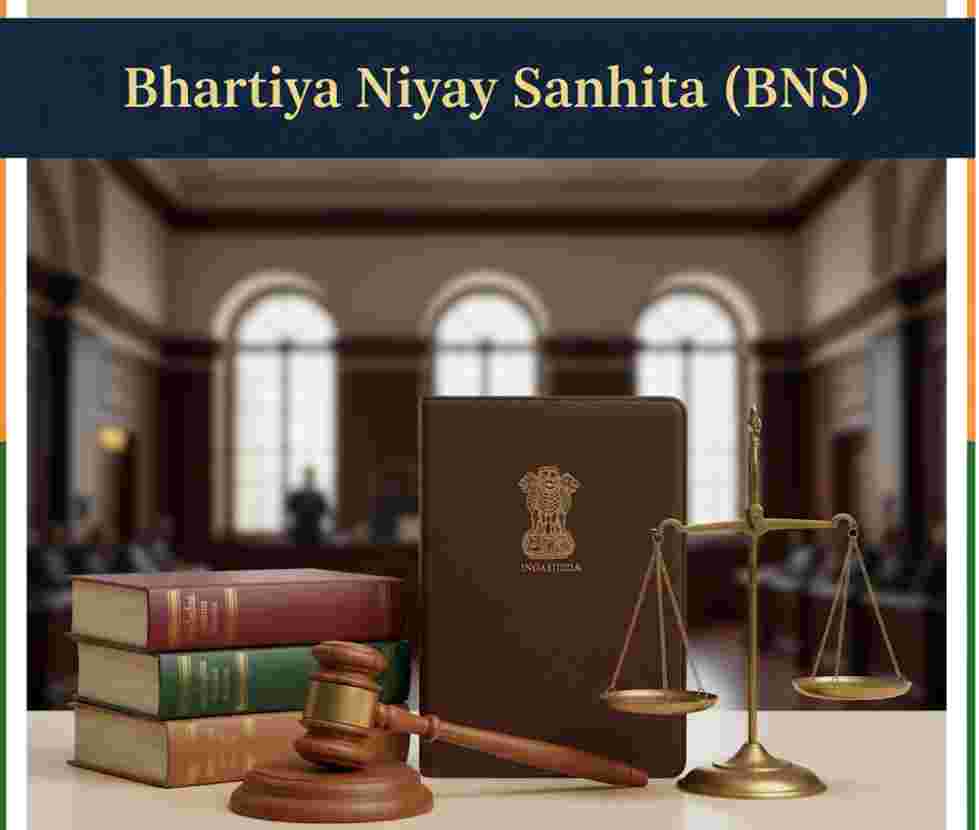
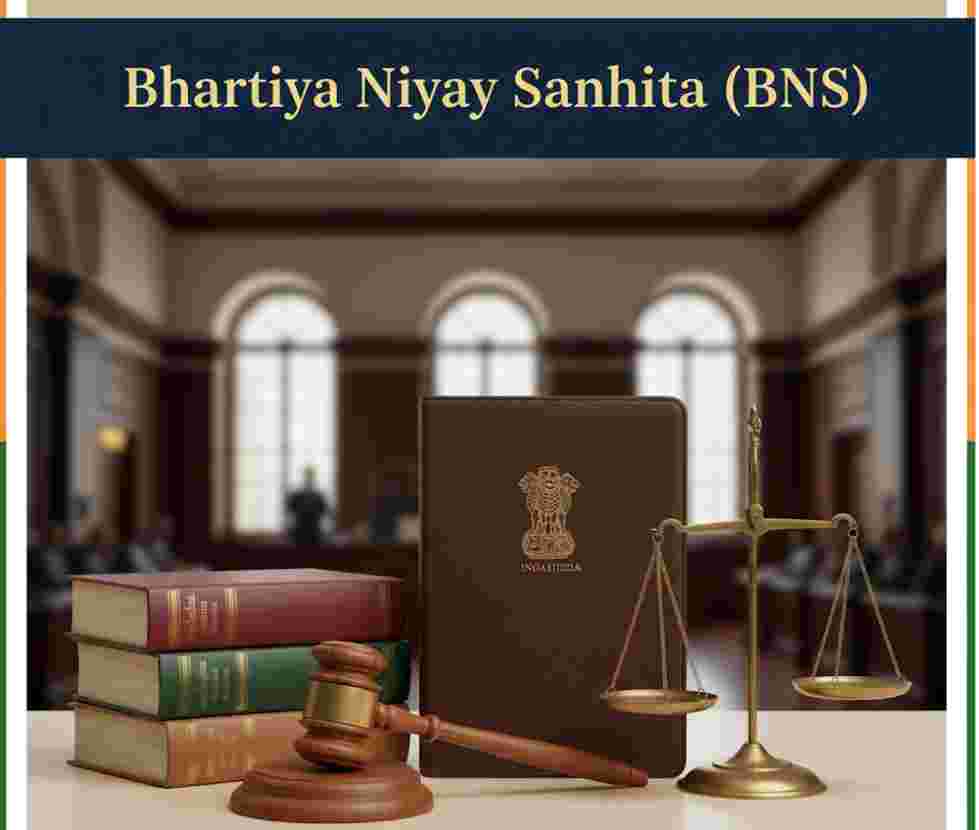
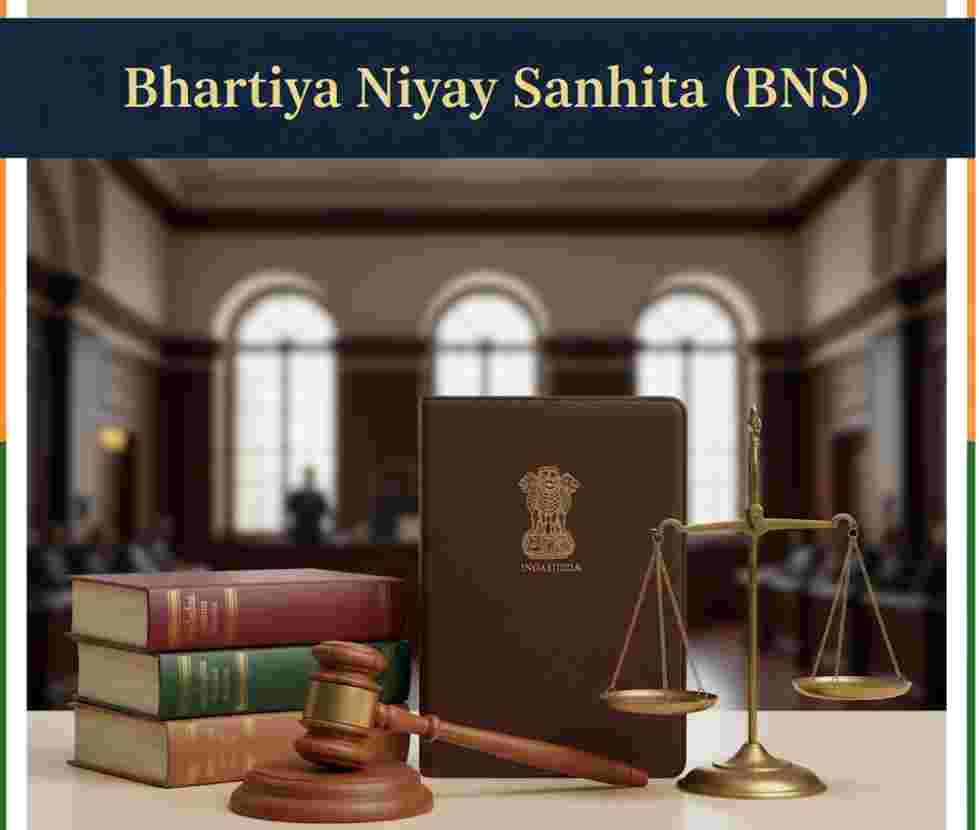
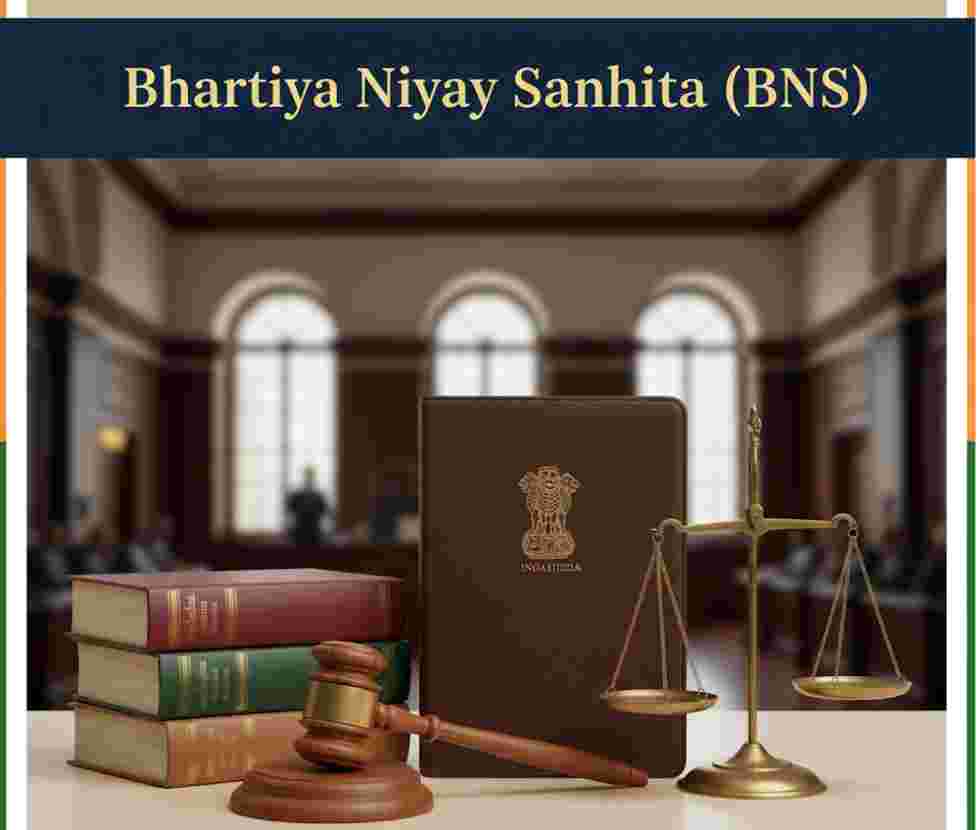
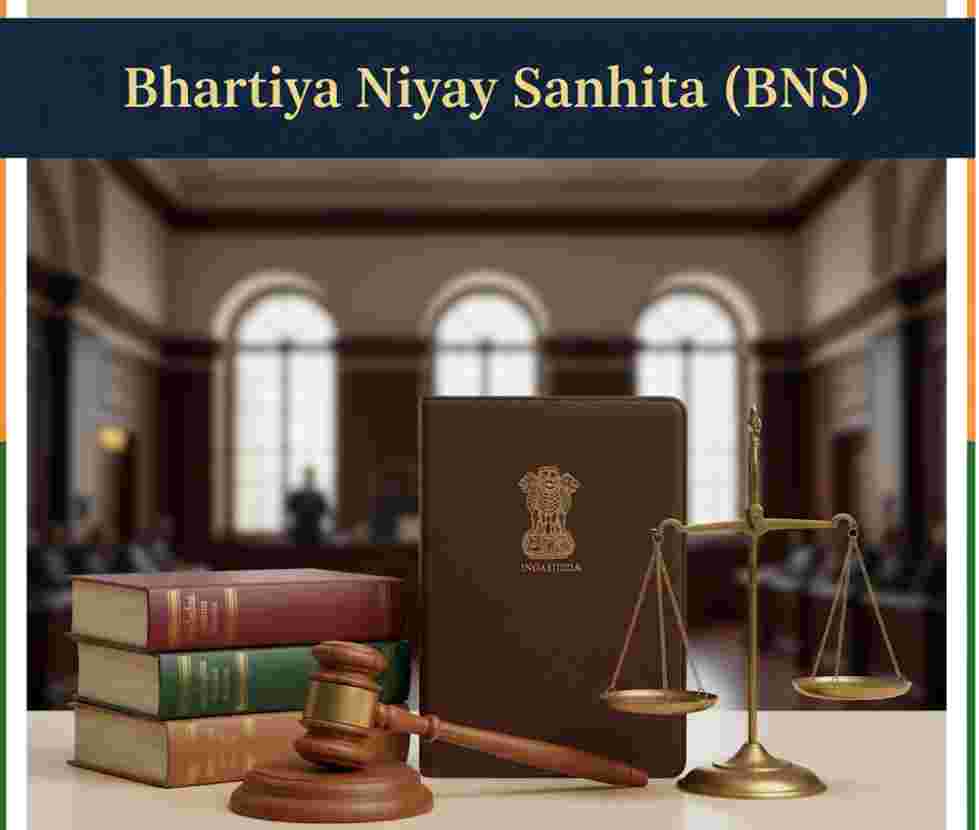
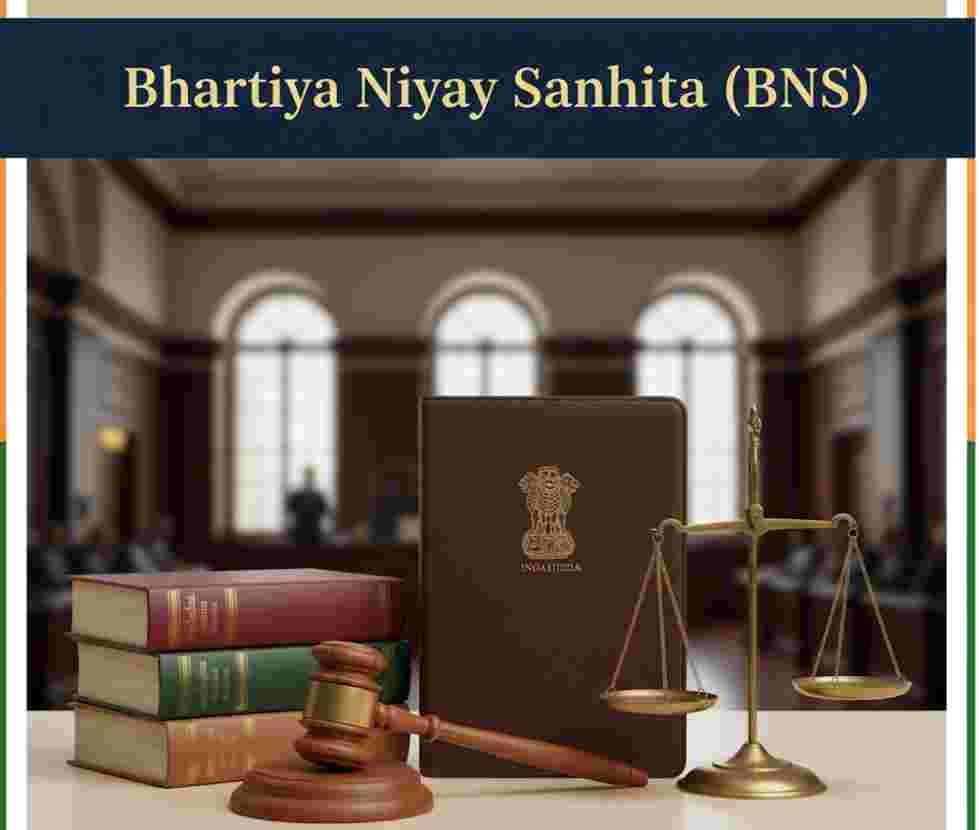
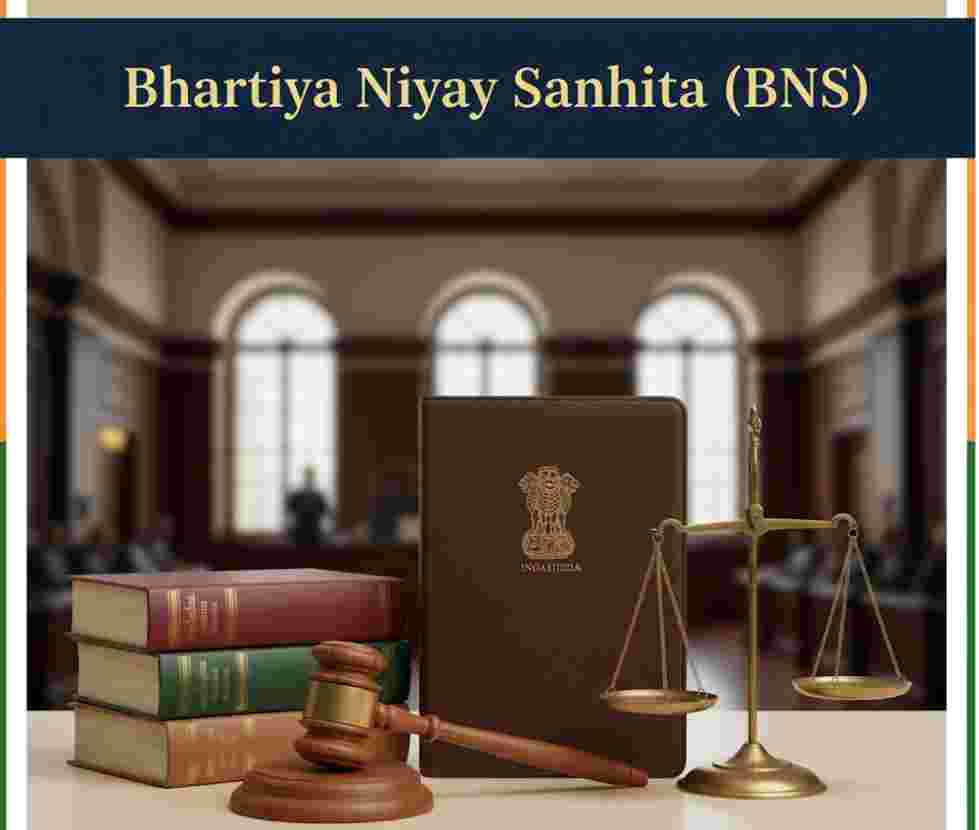
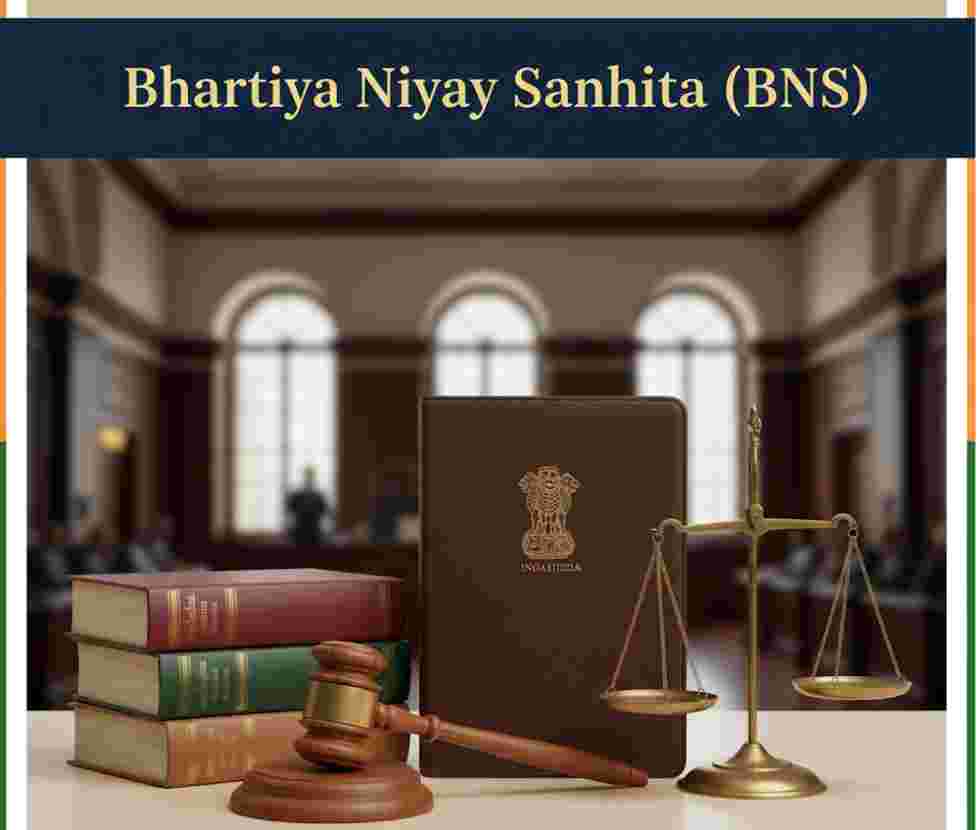
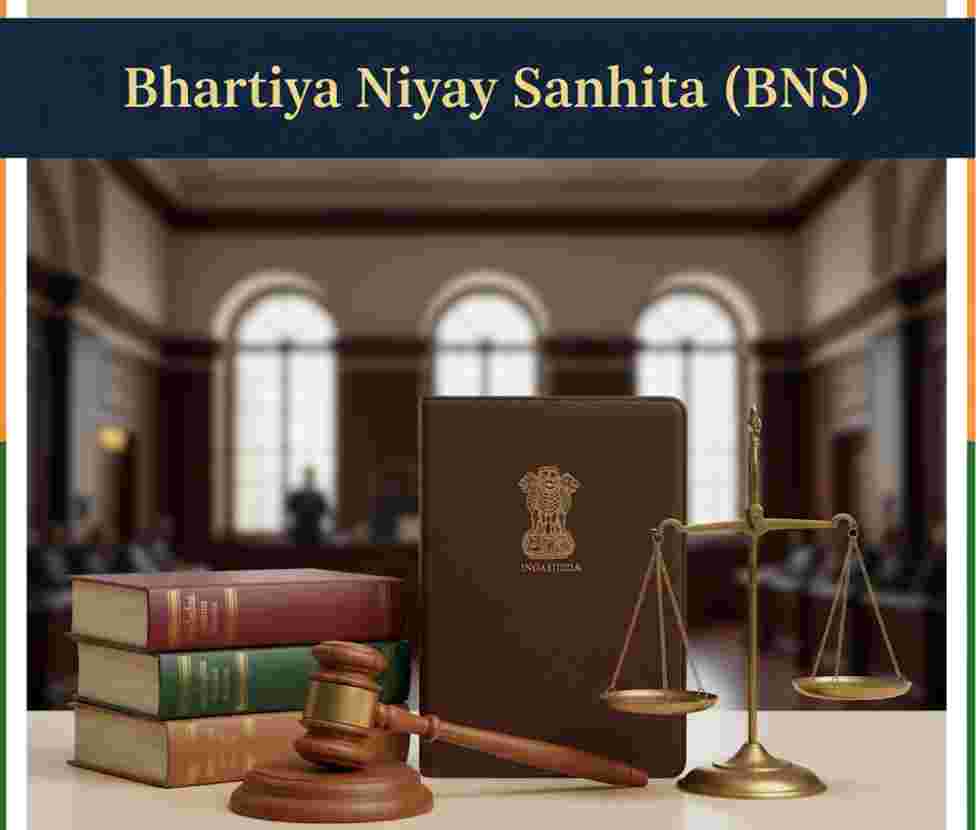














































Comment
Nothing for now